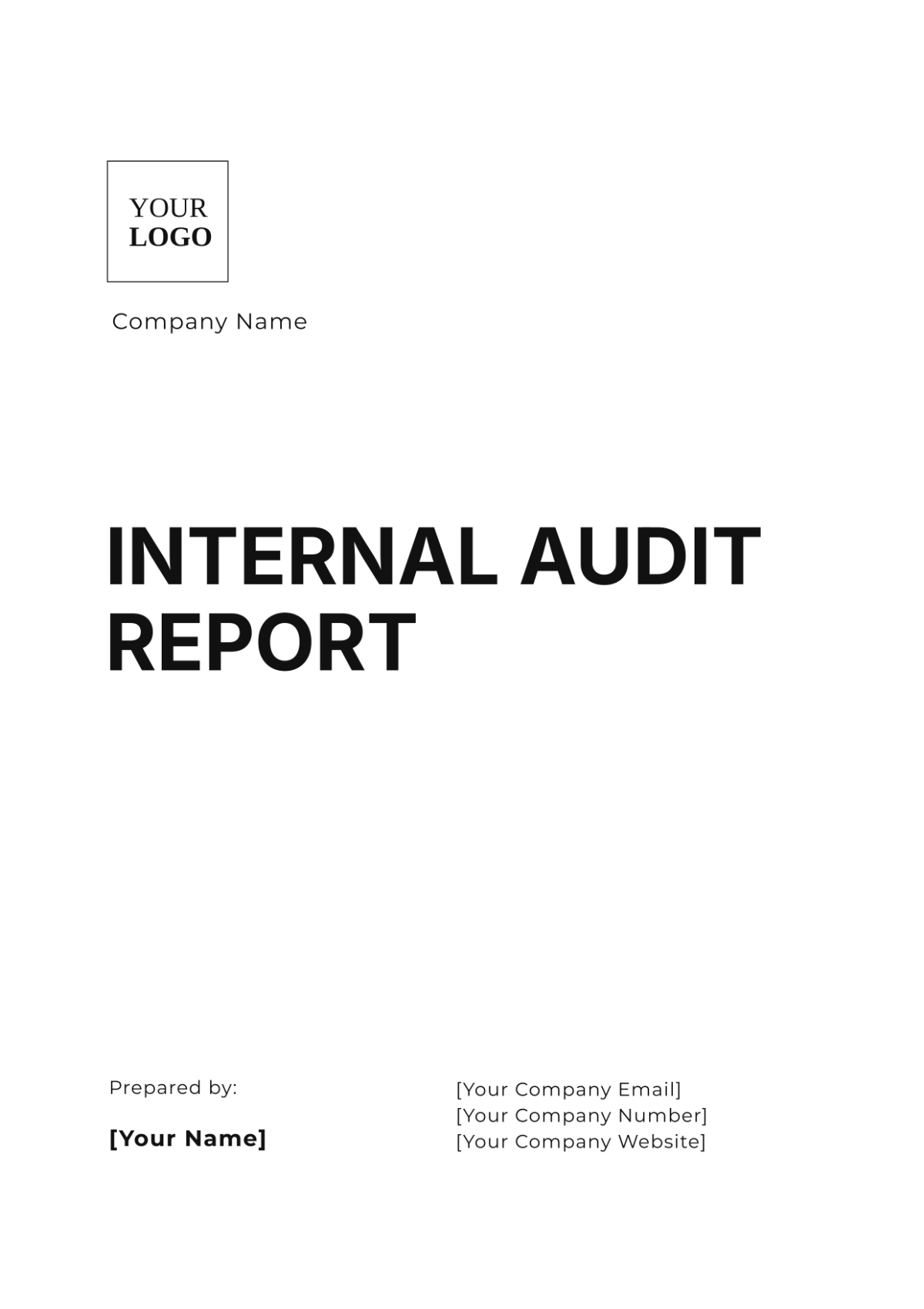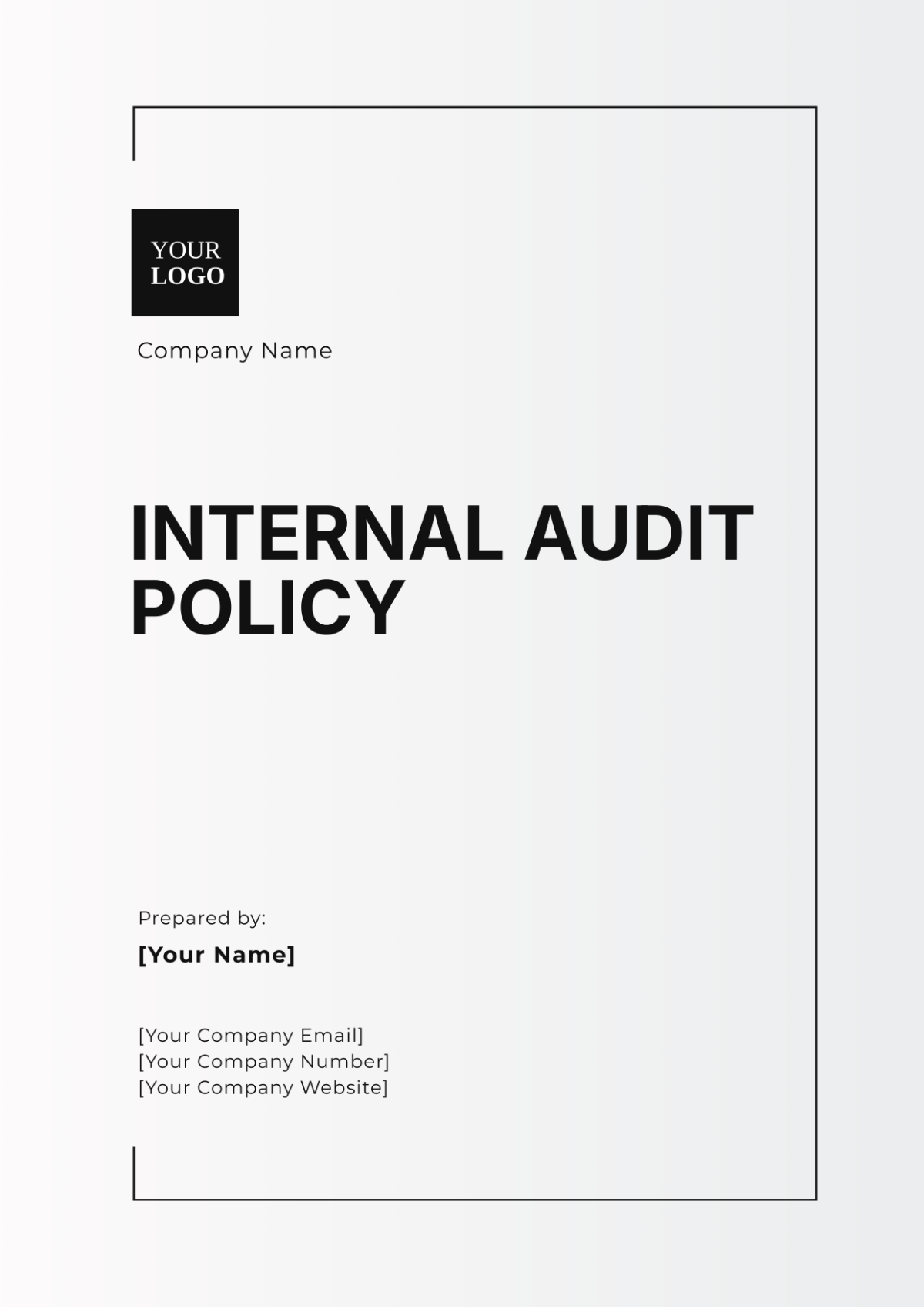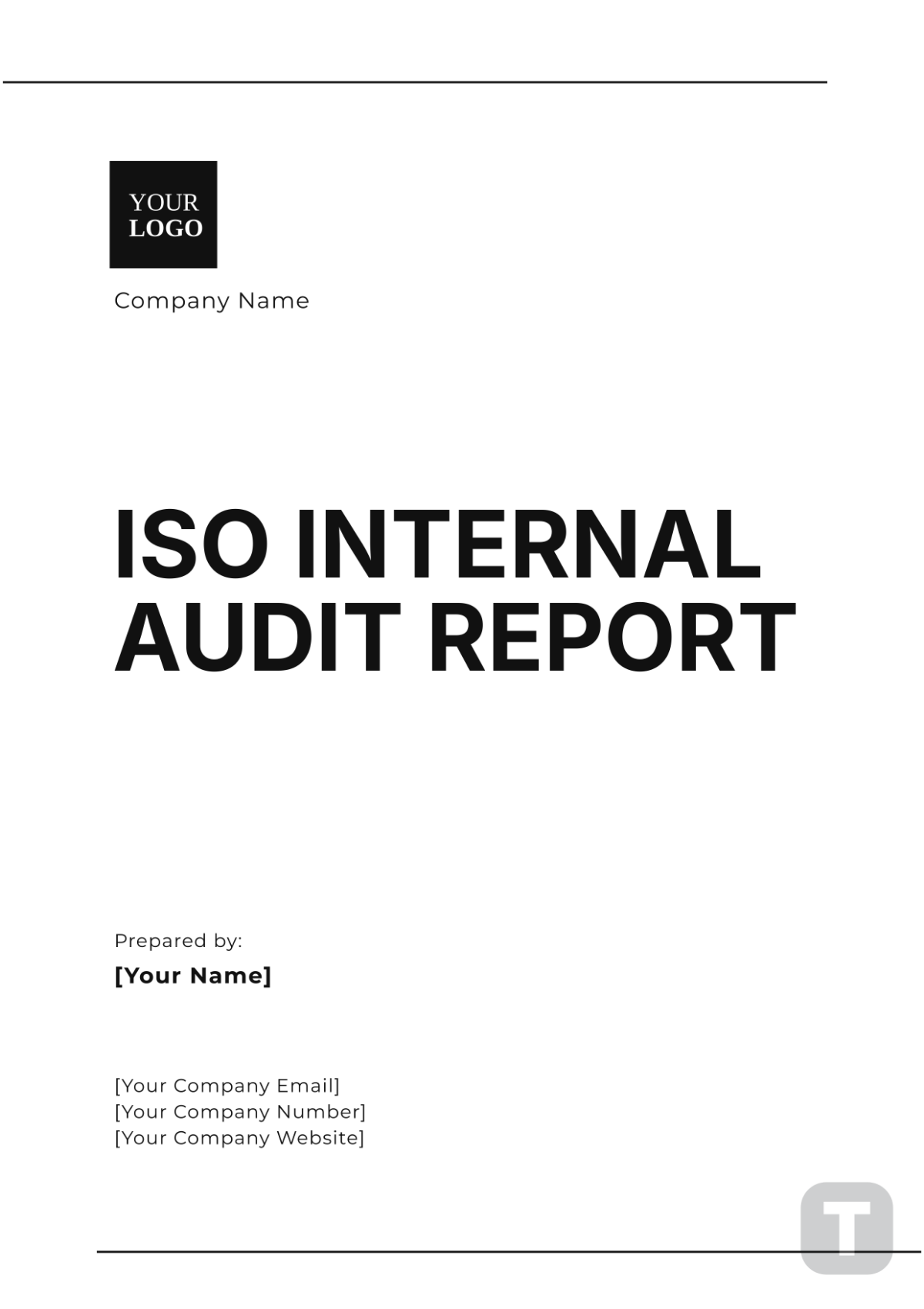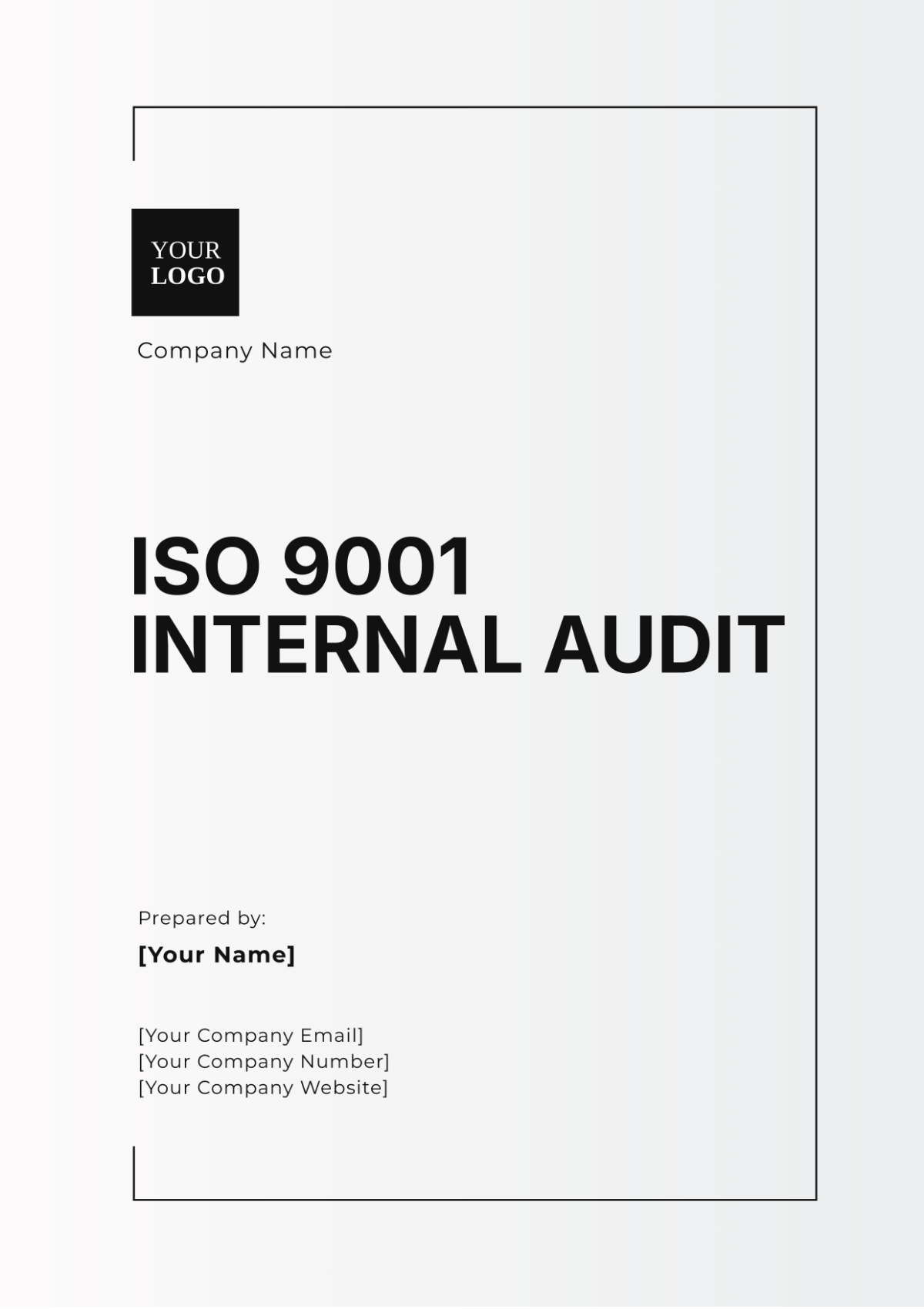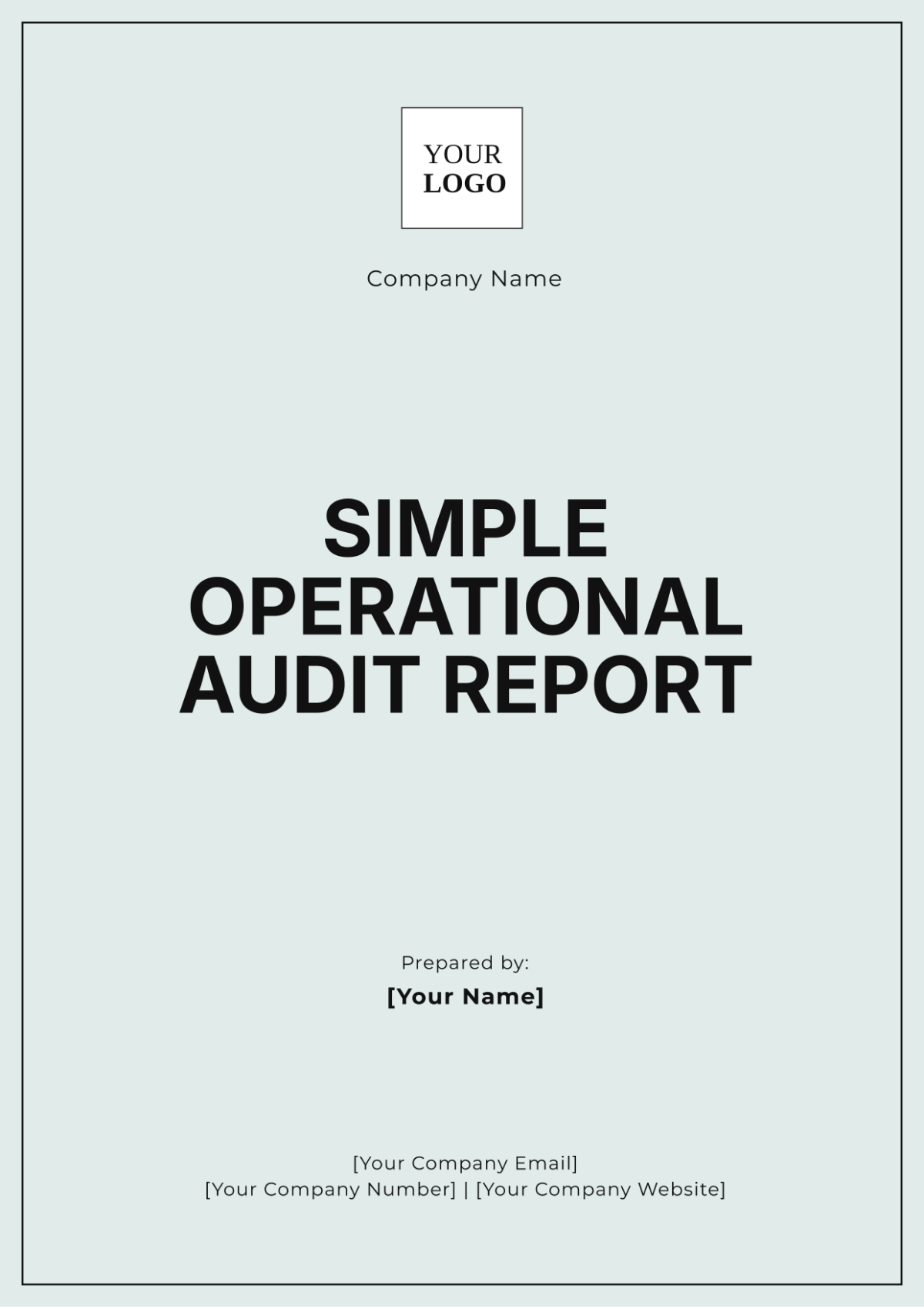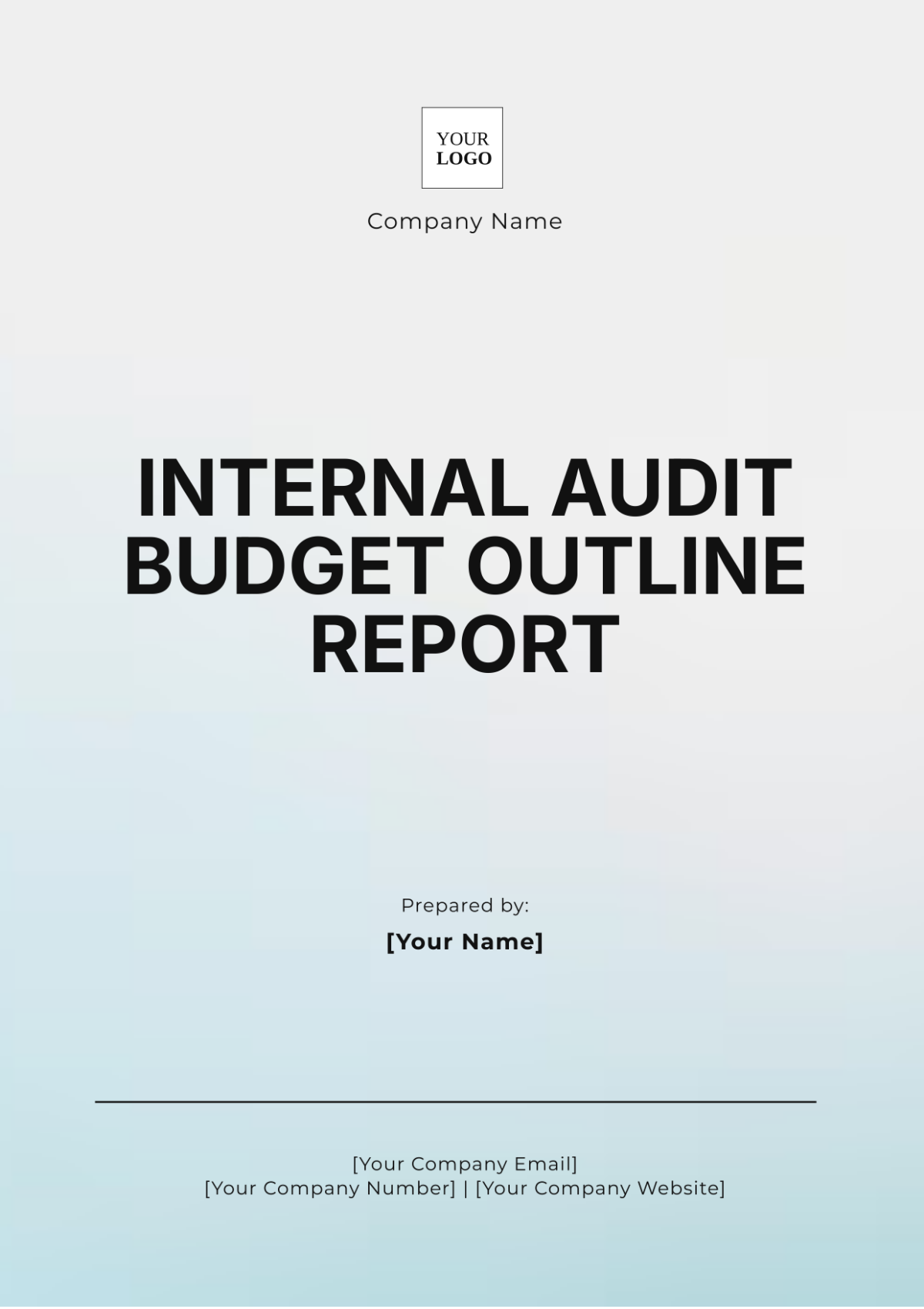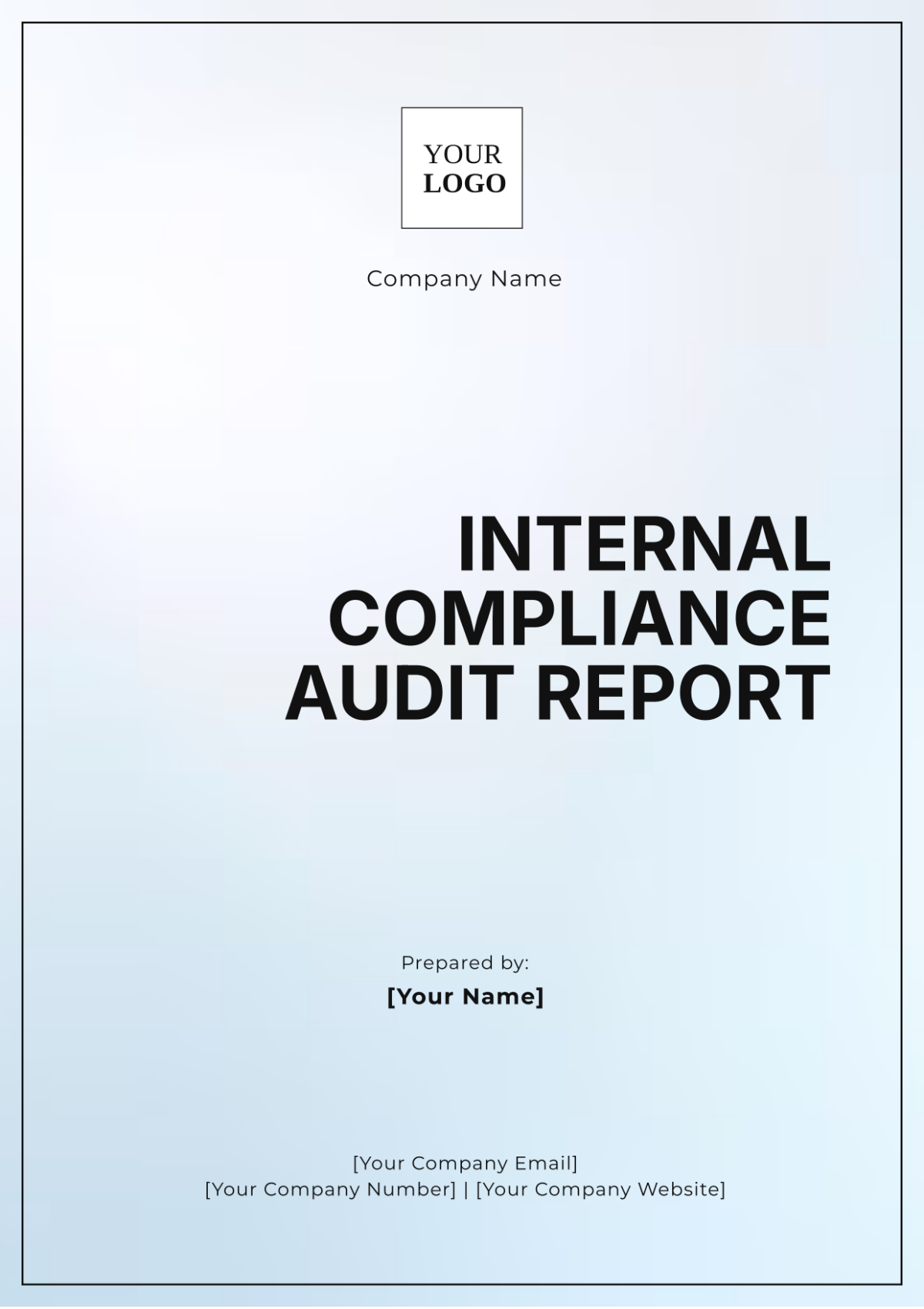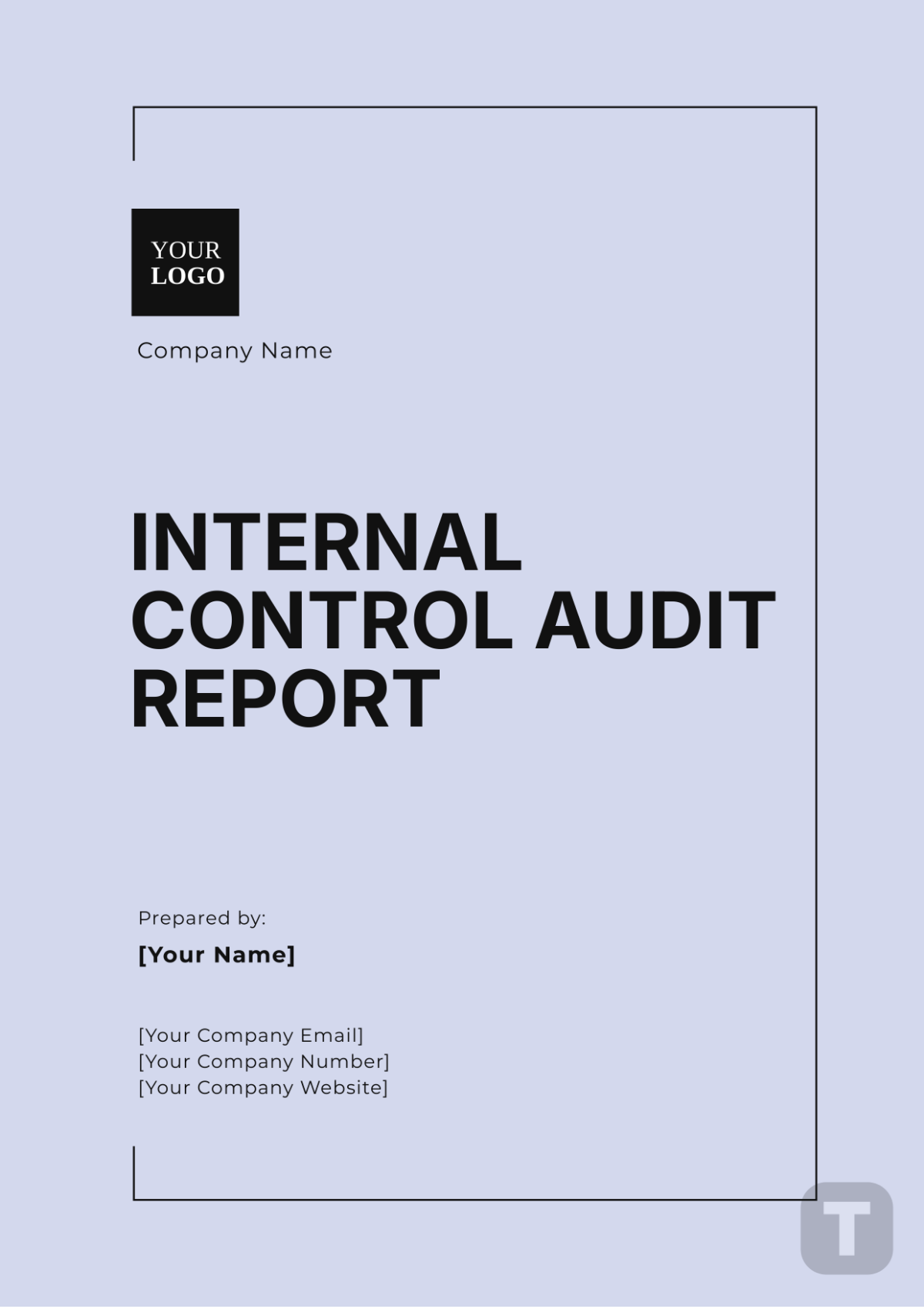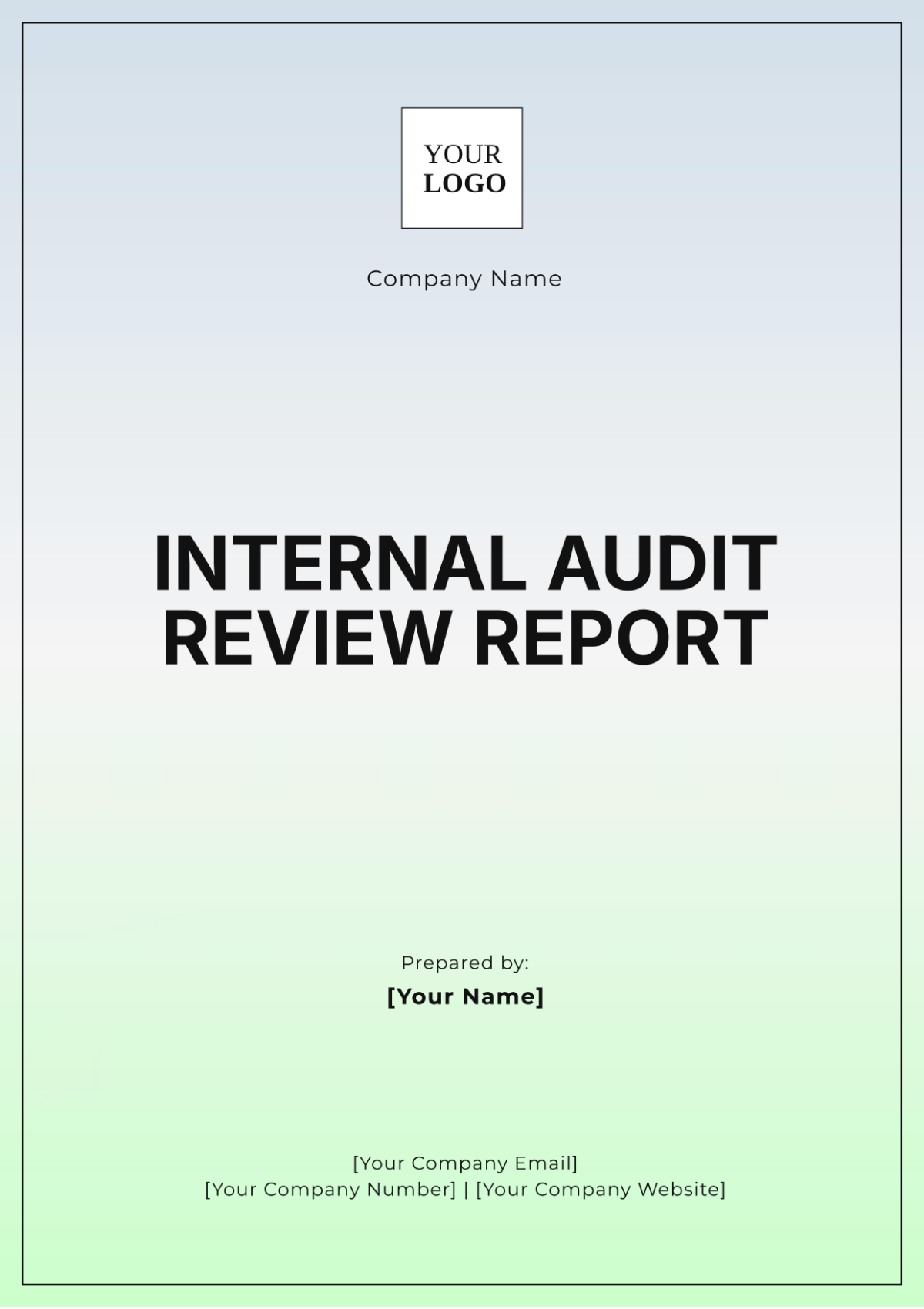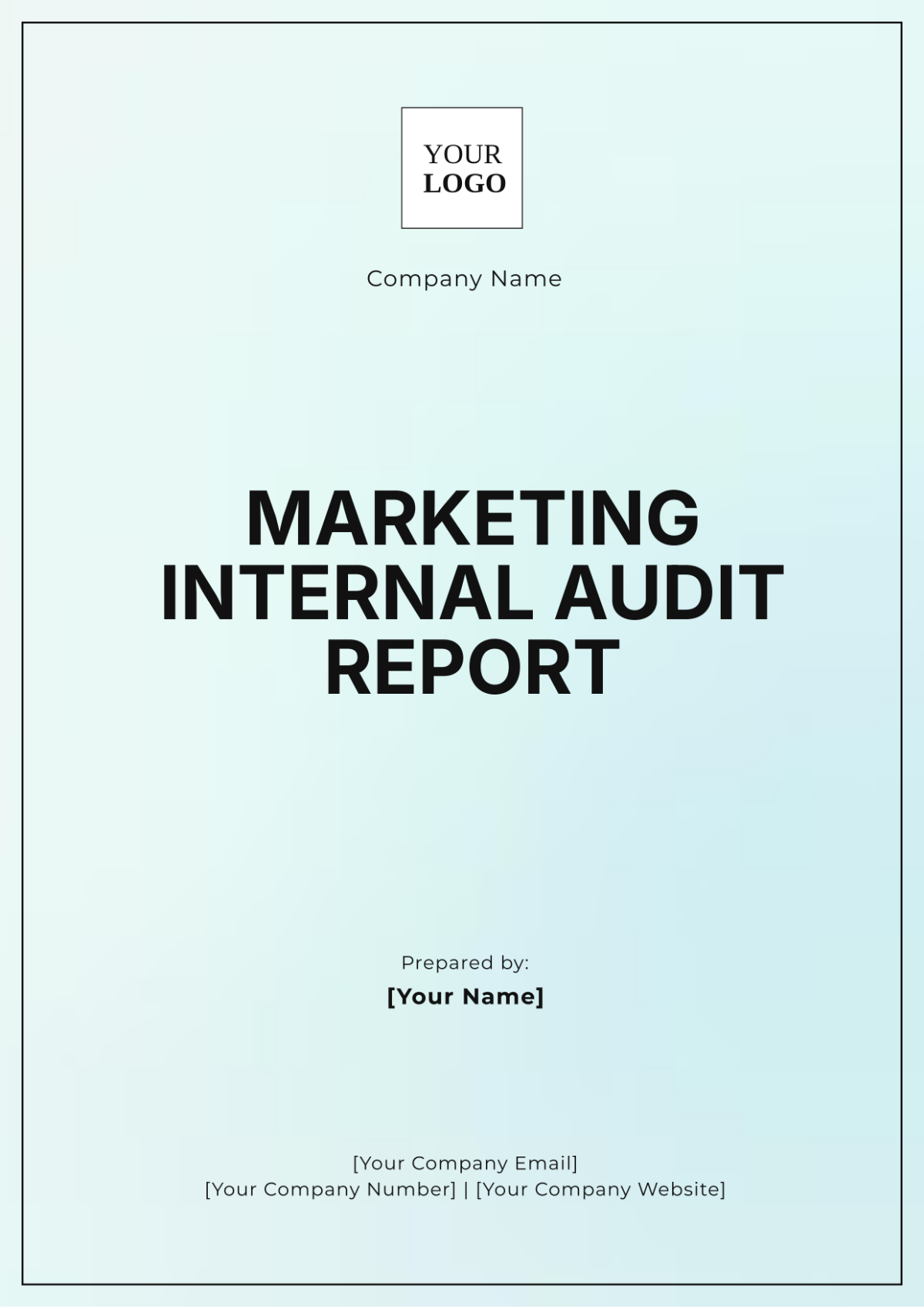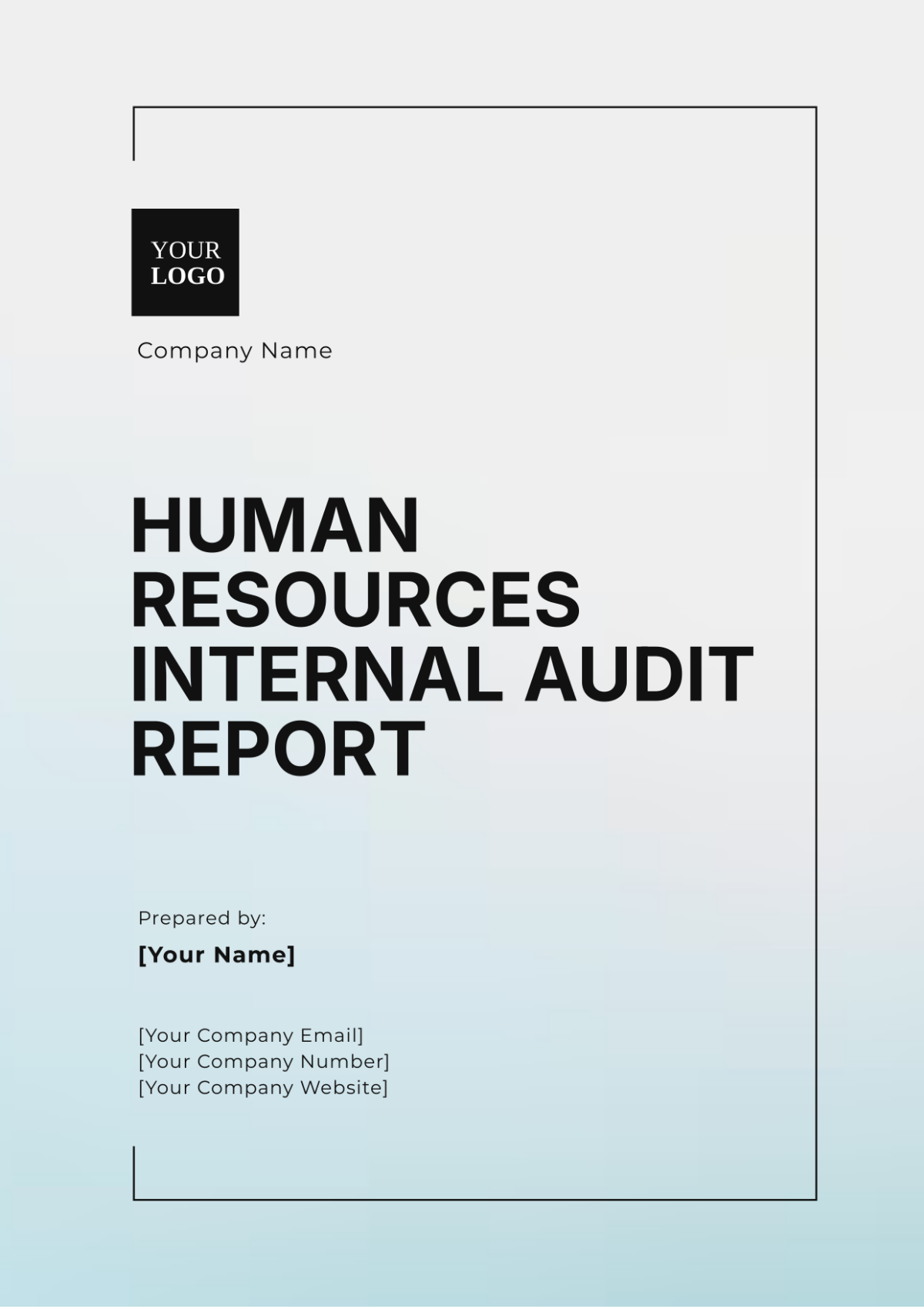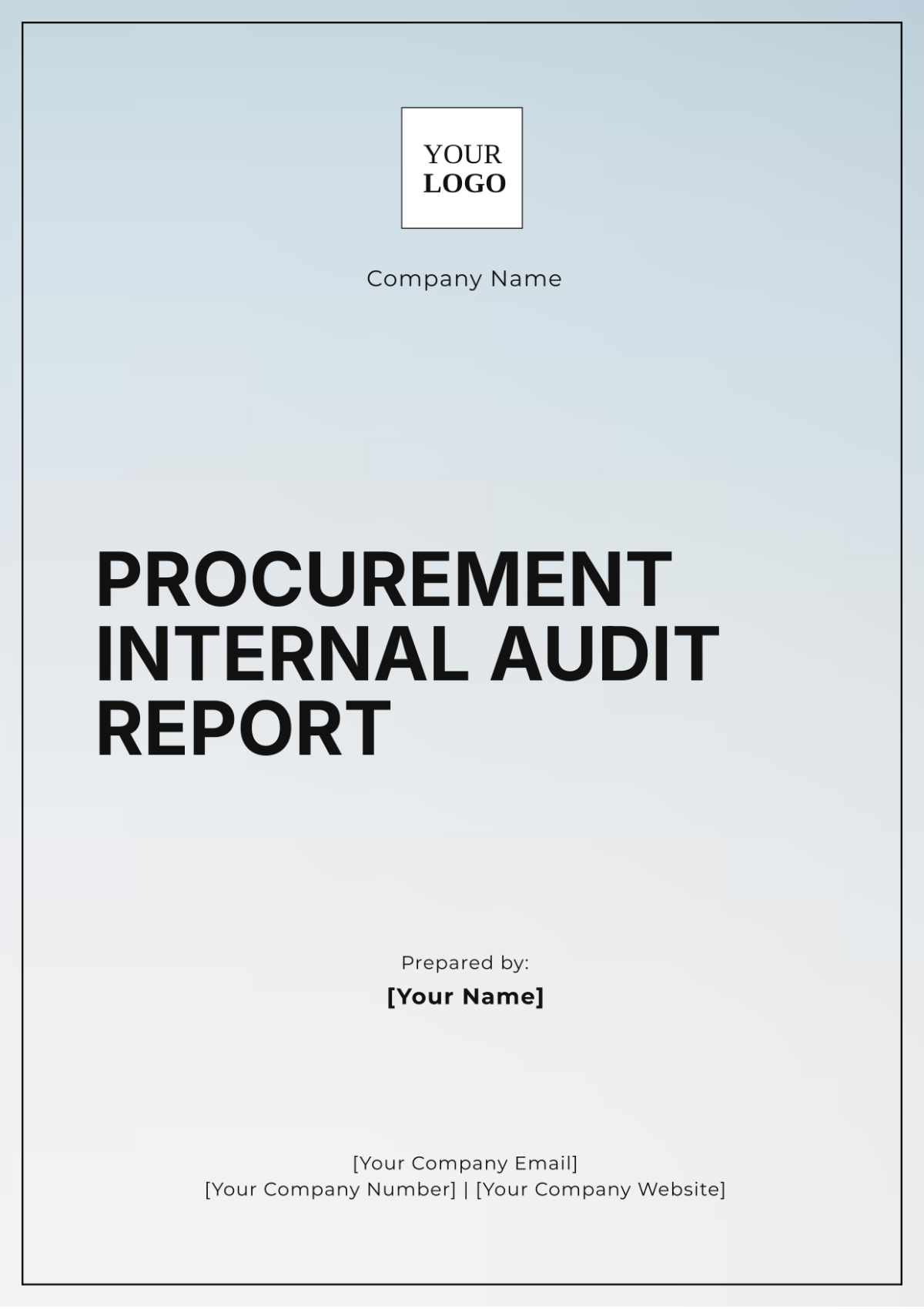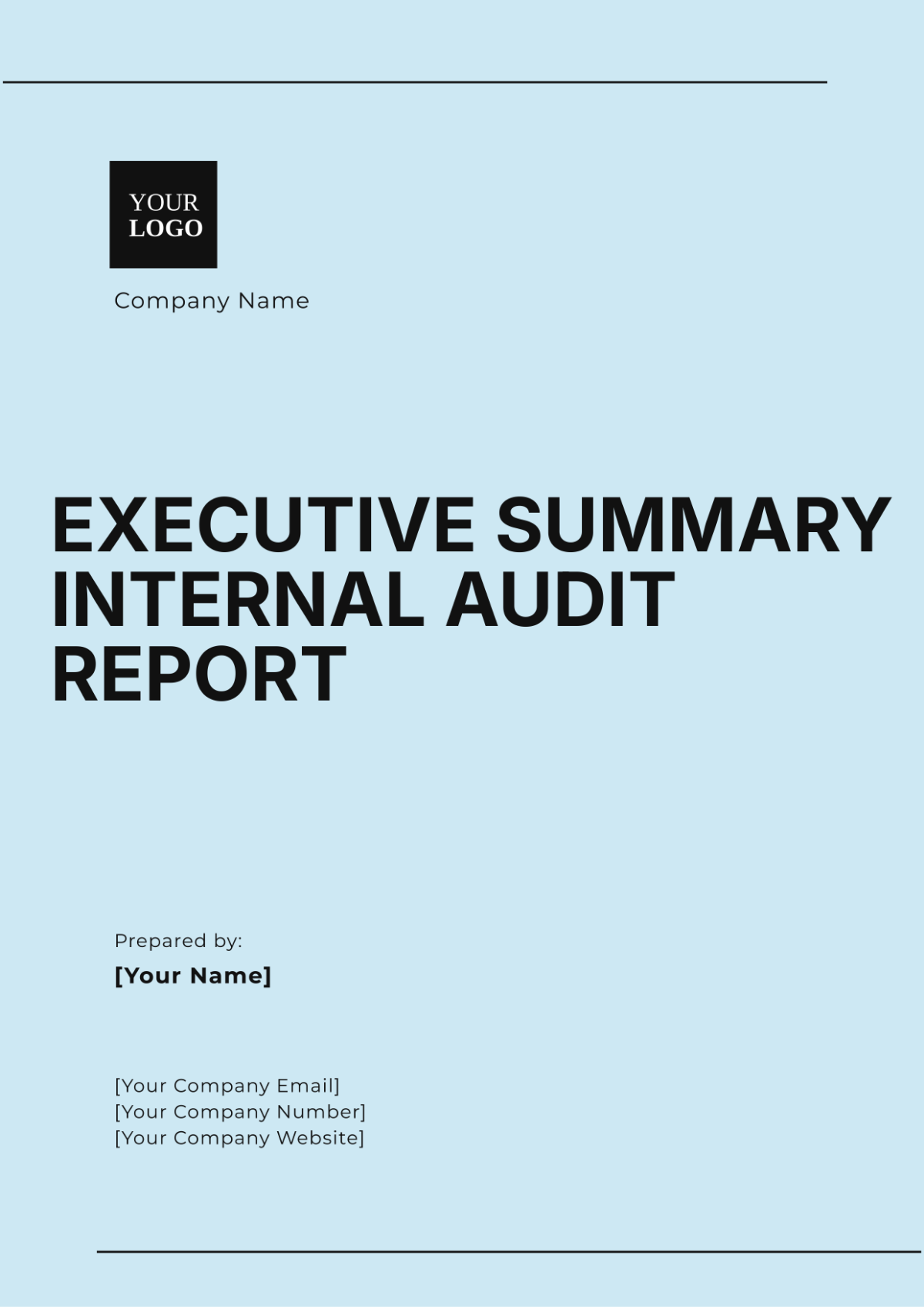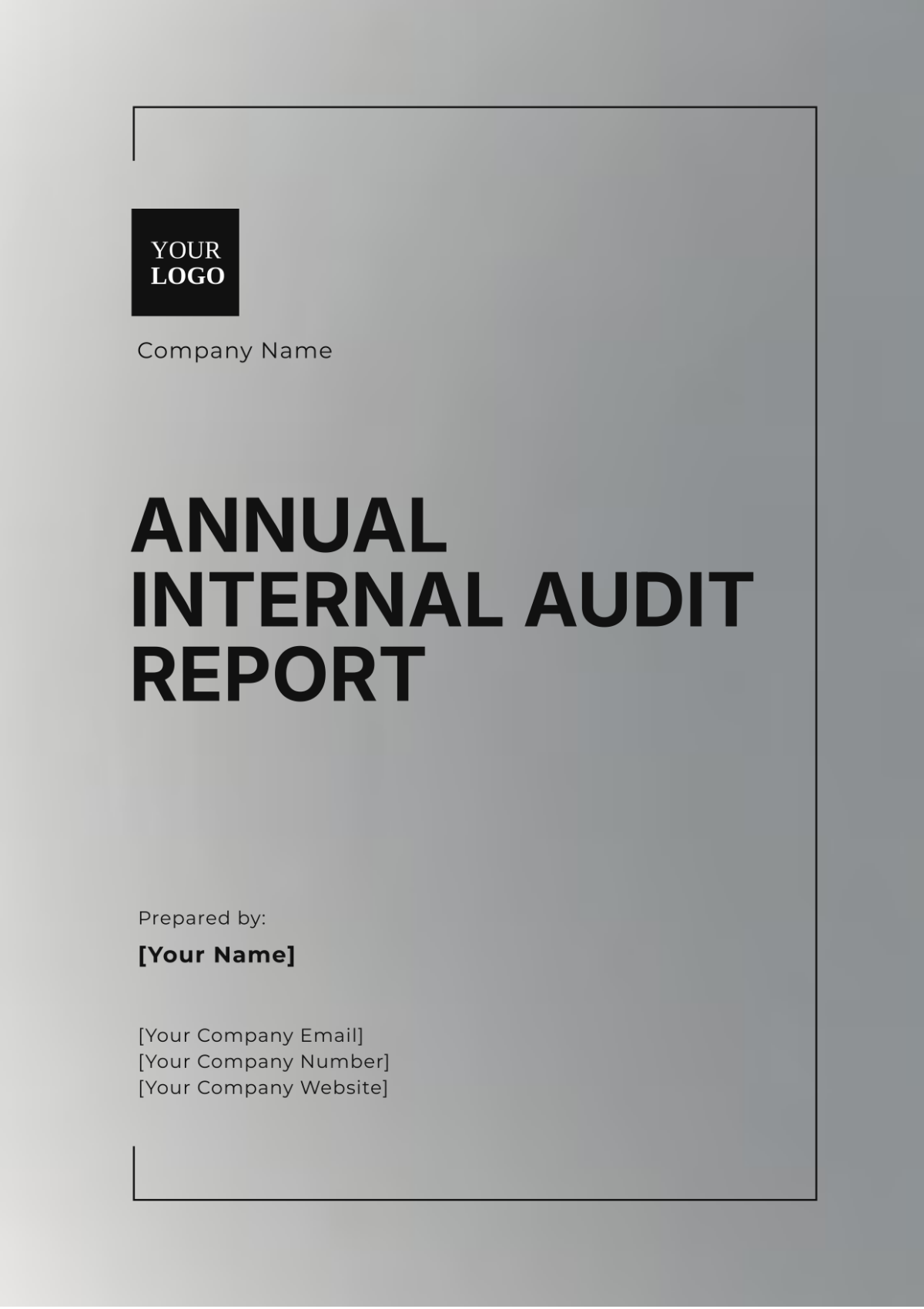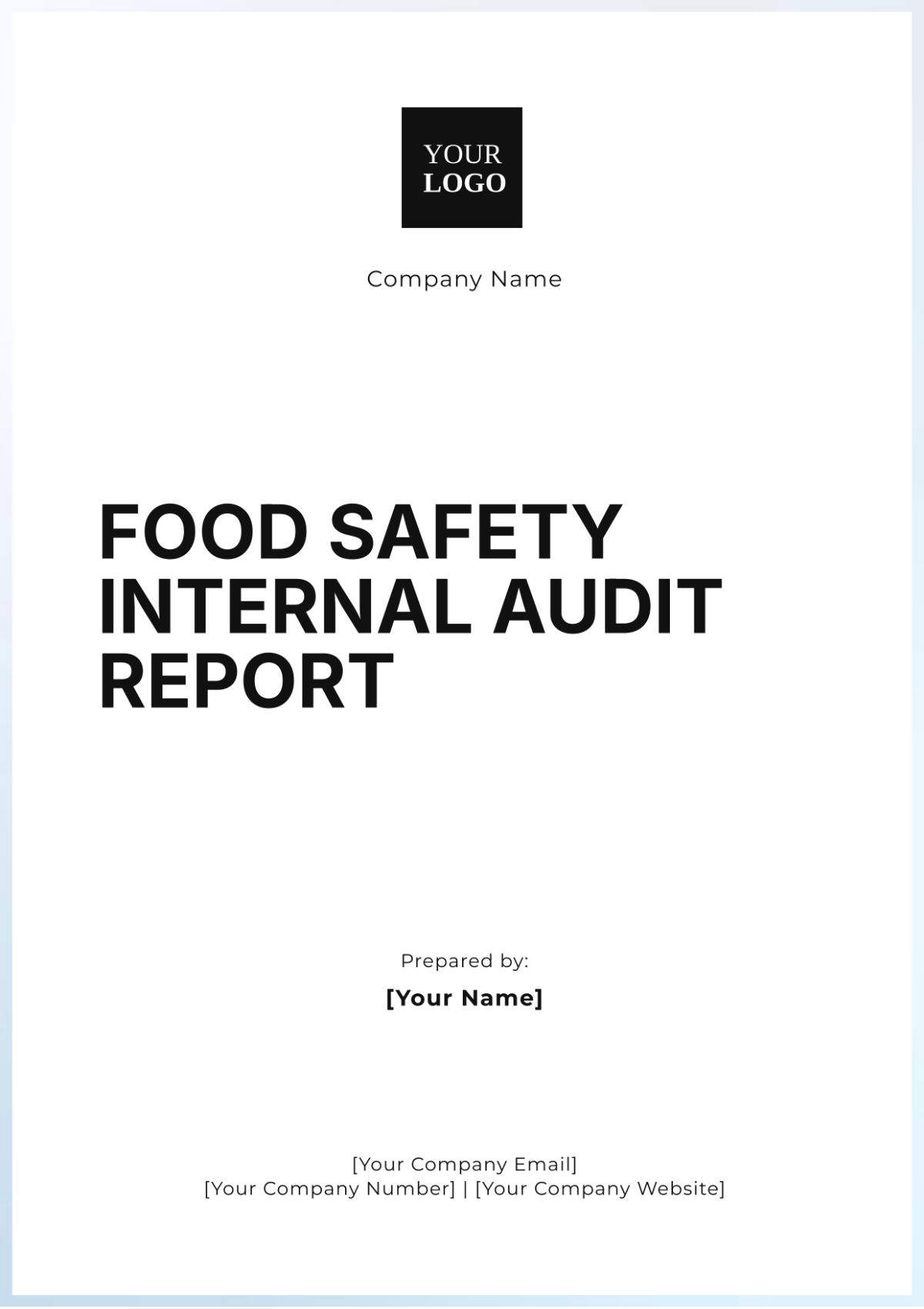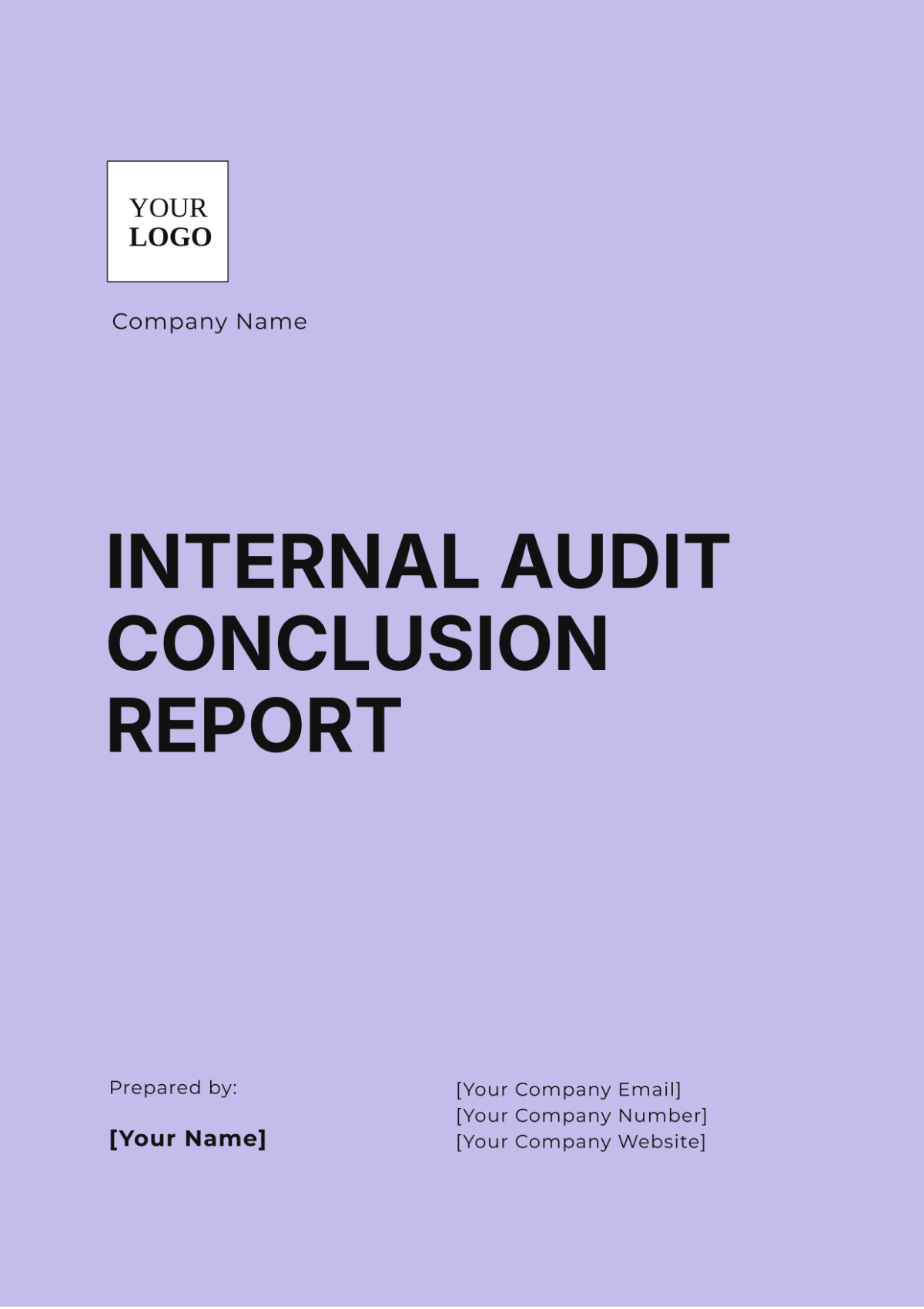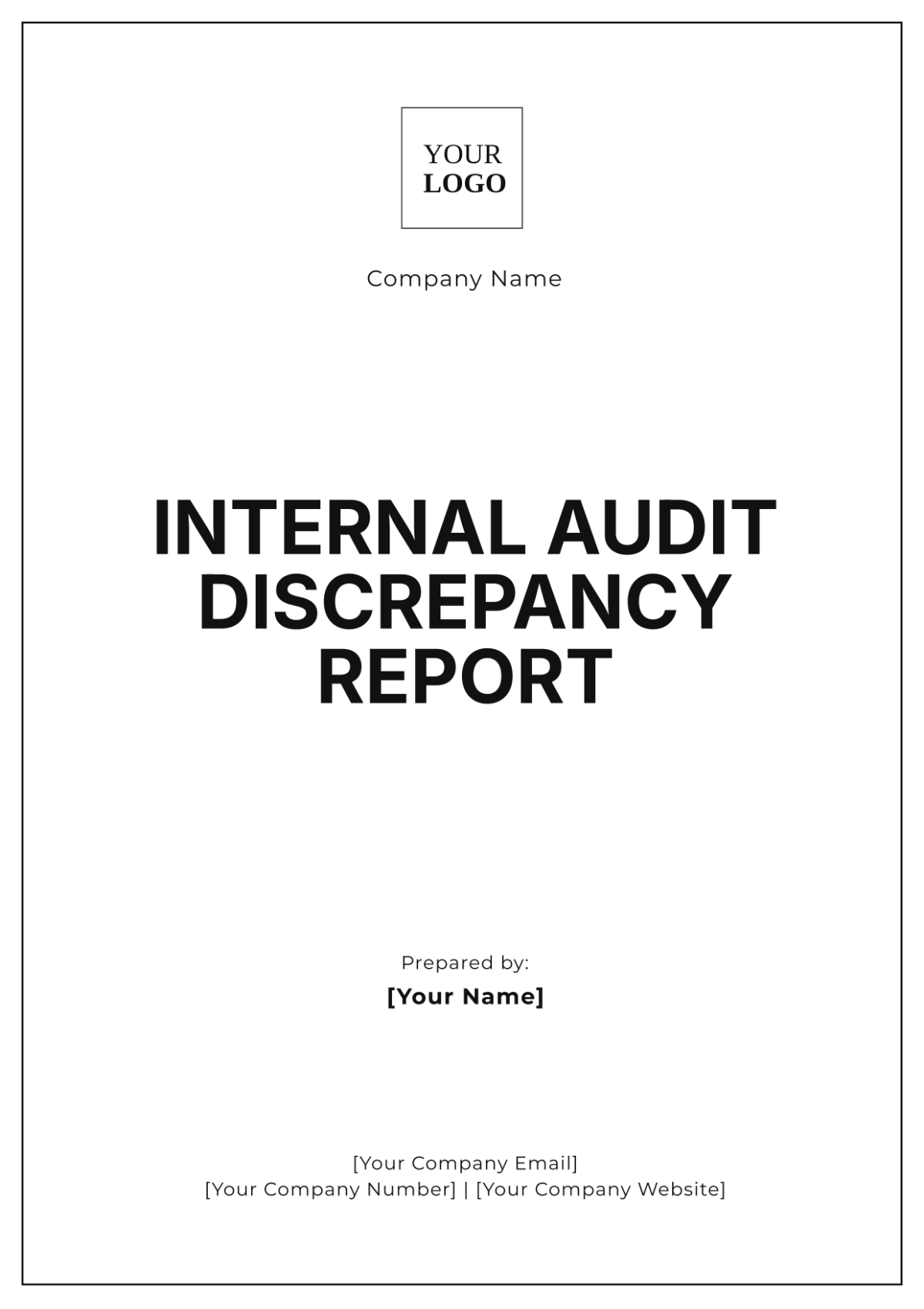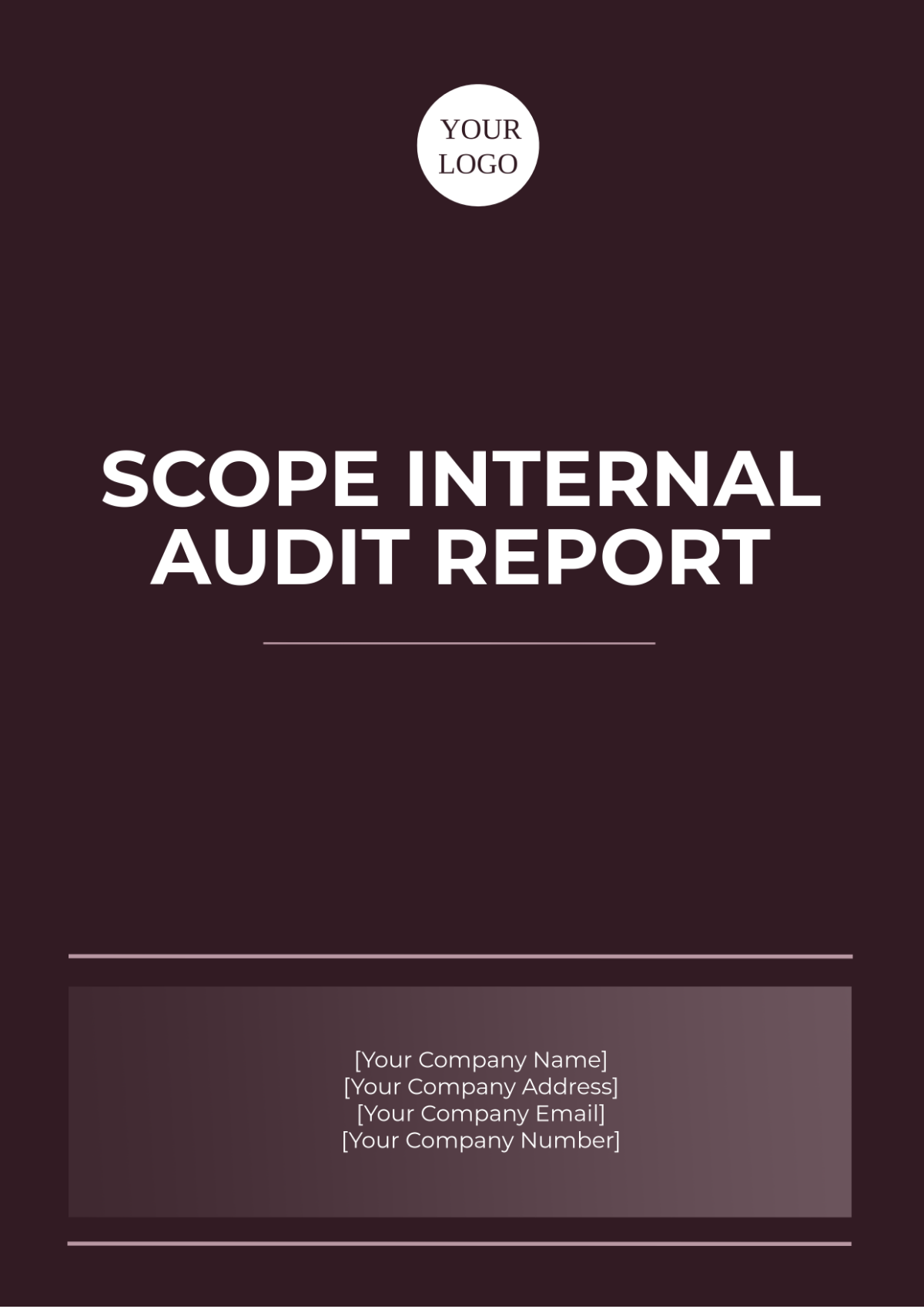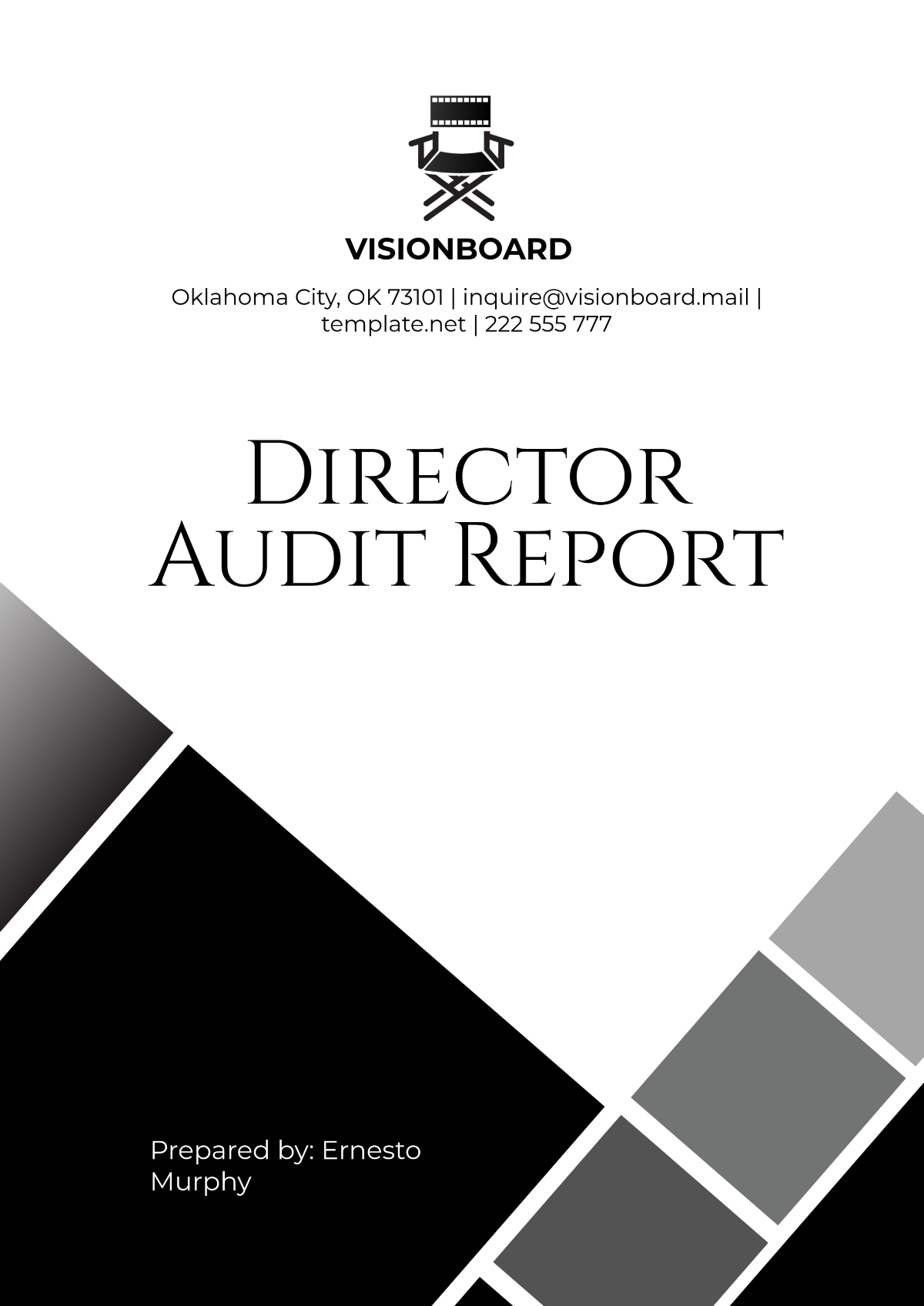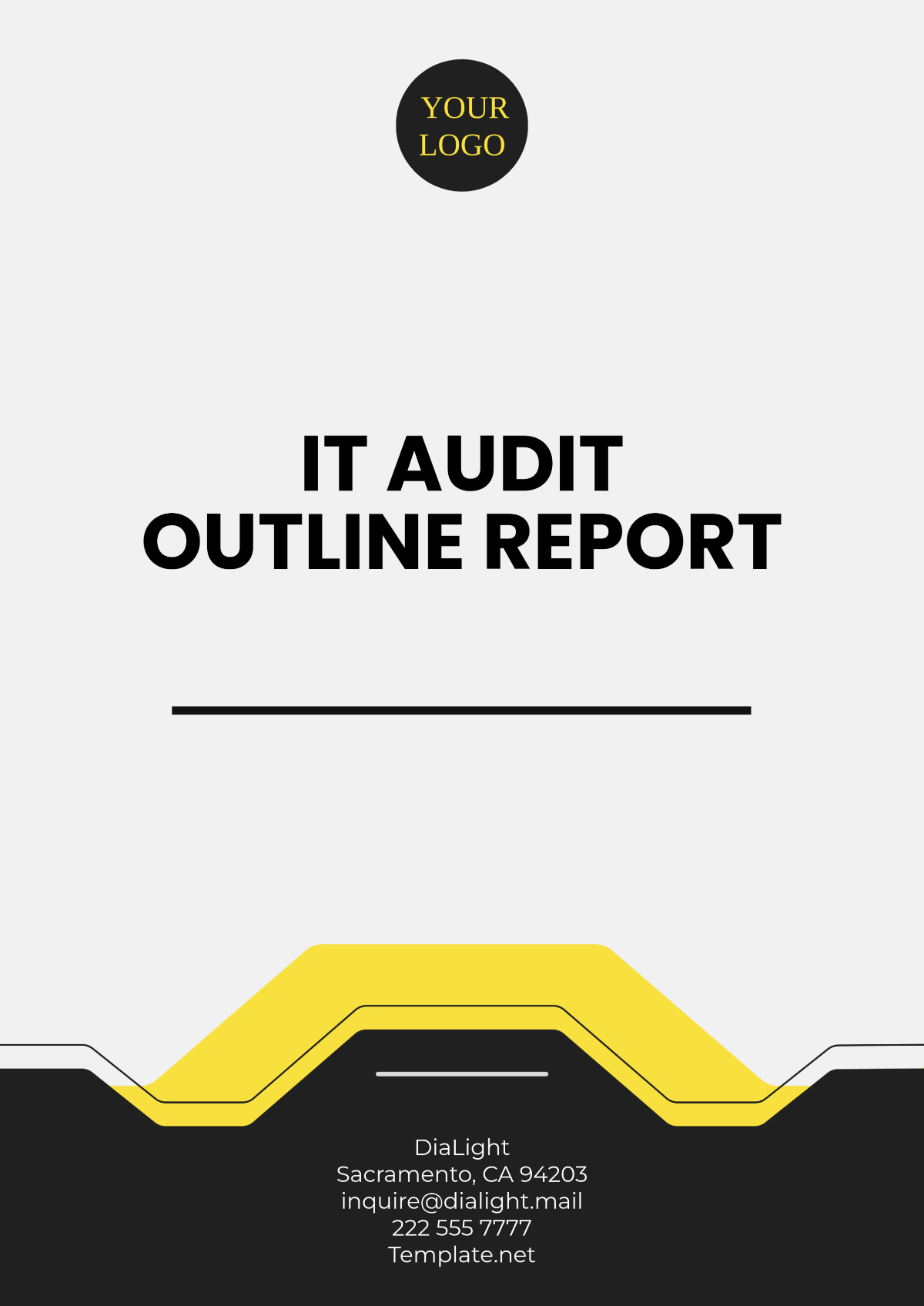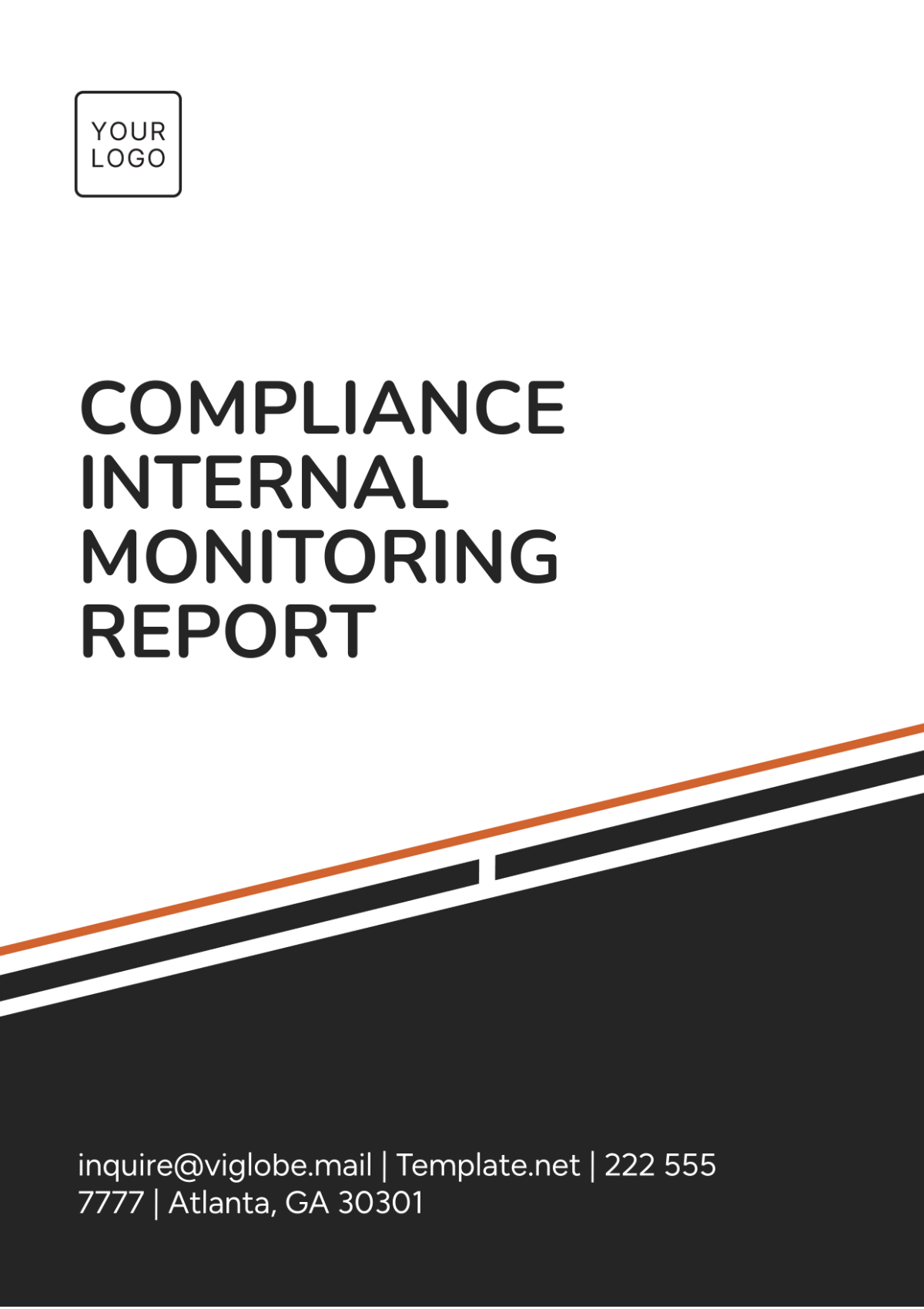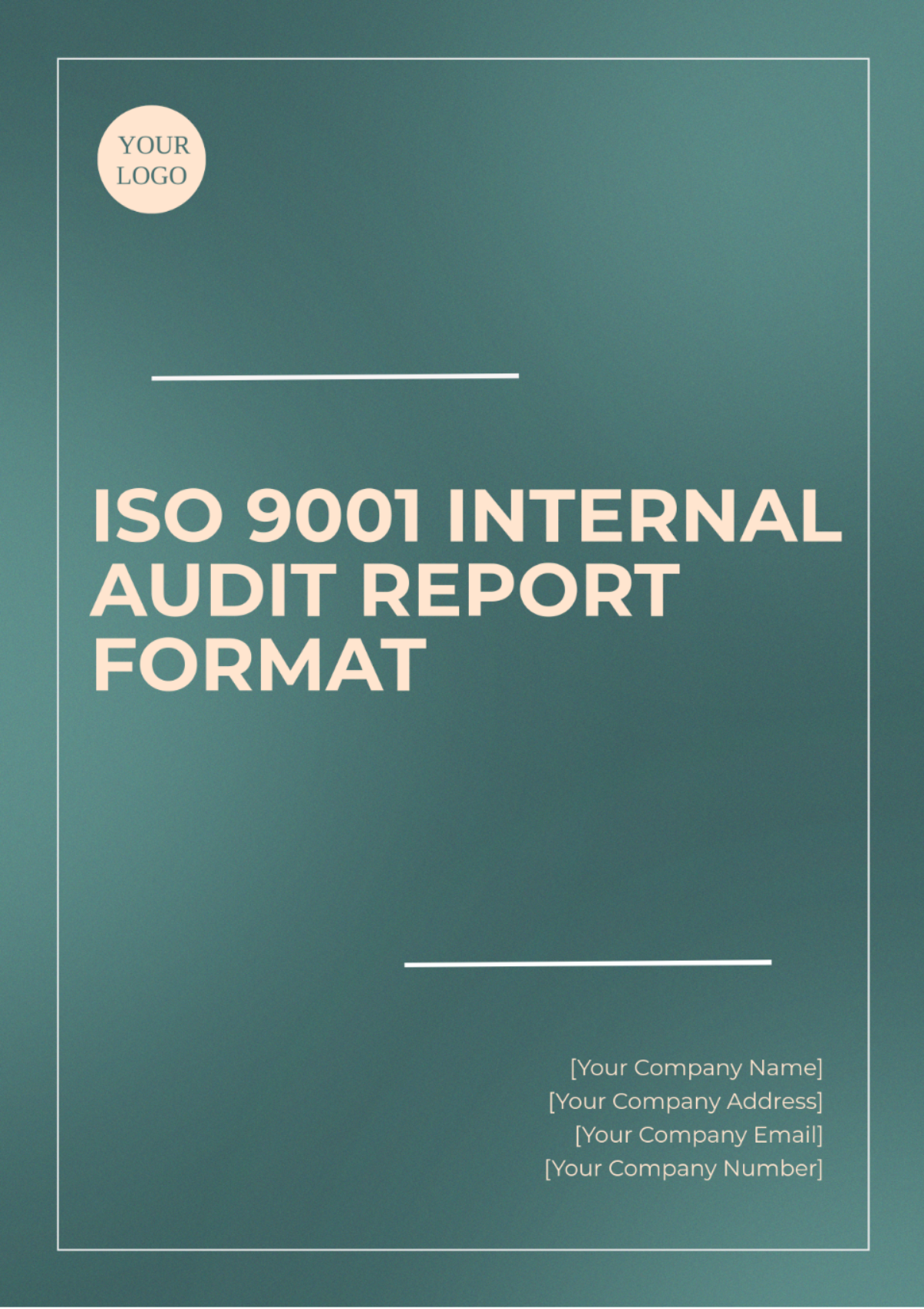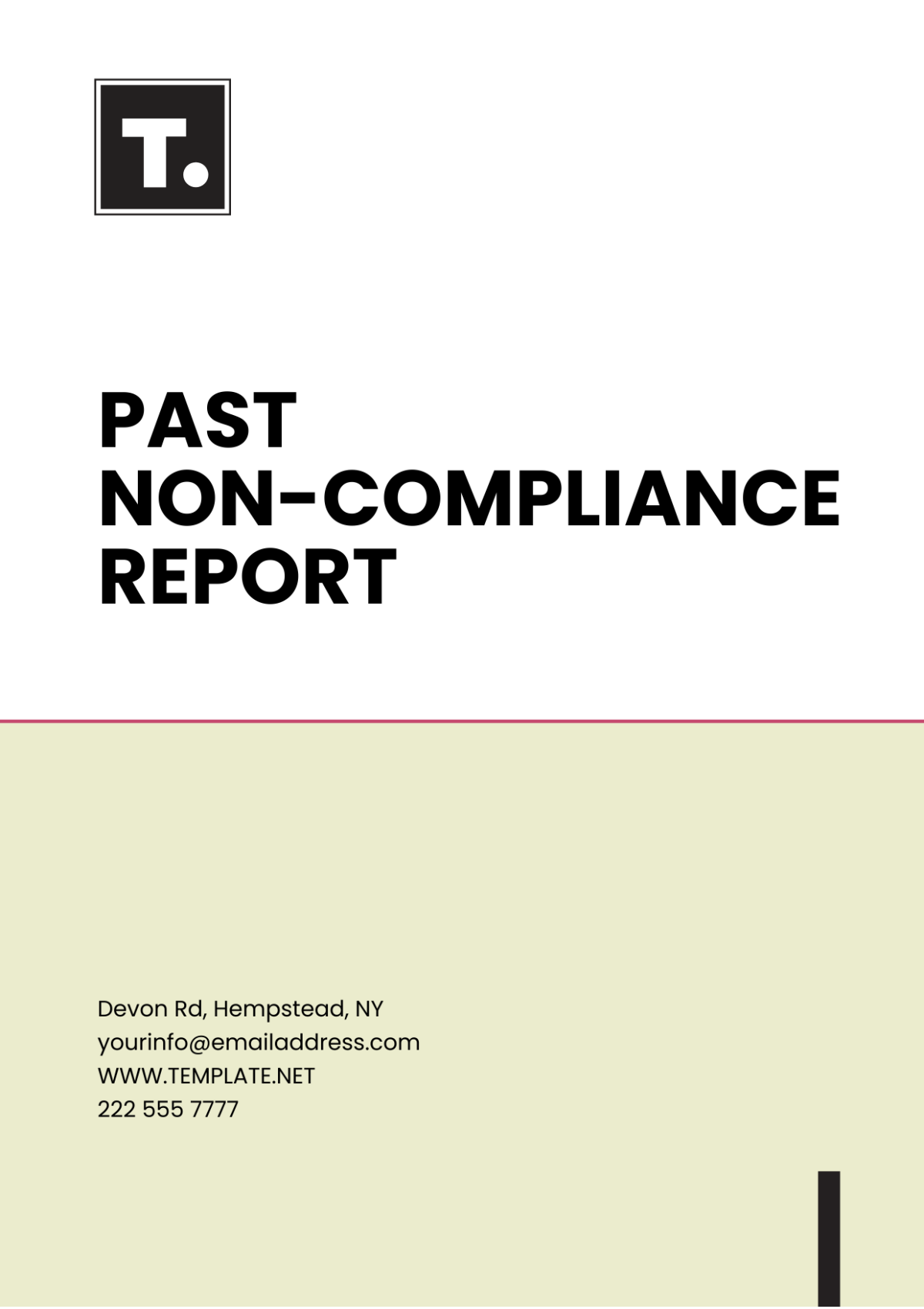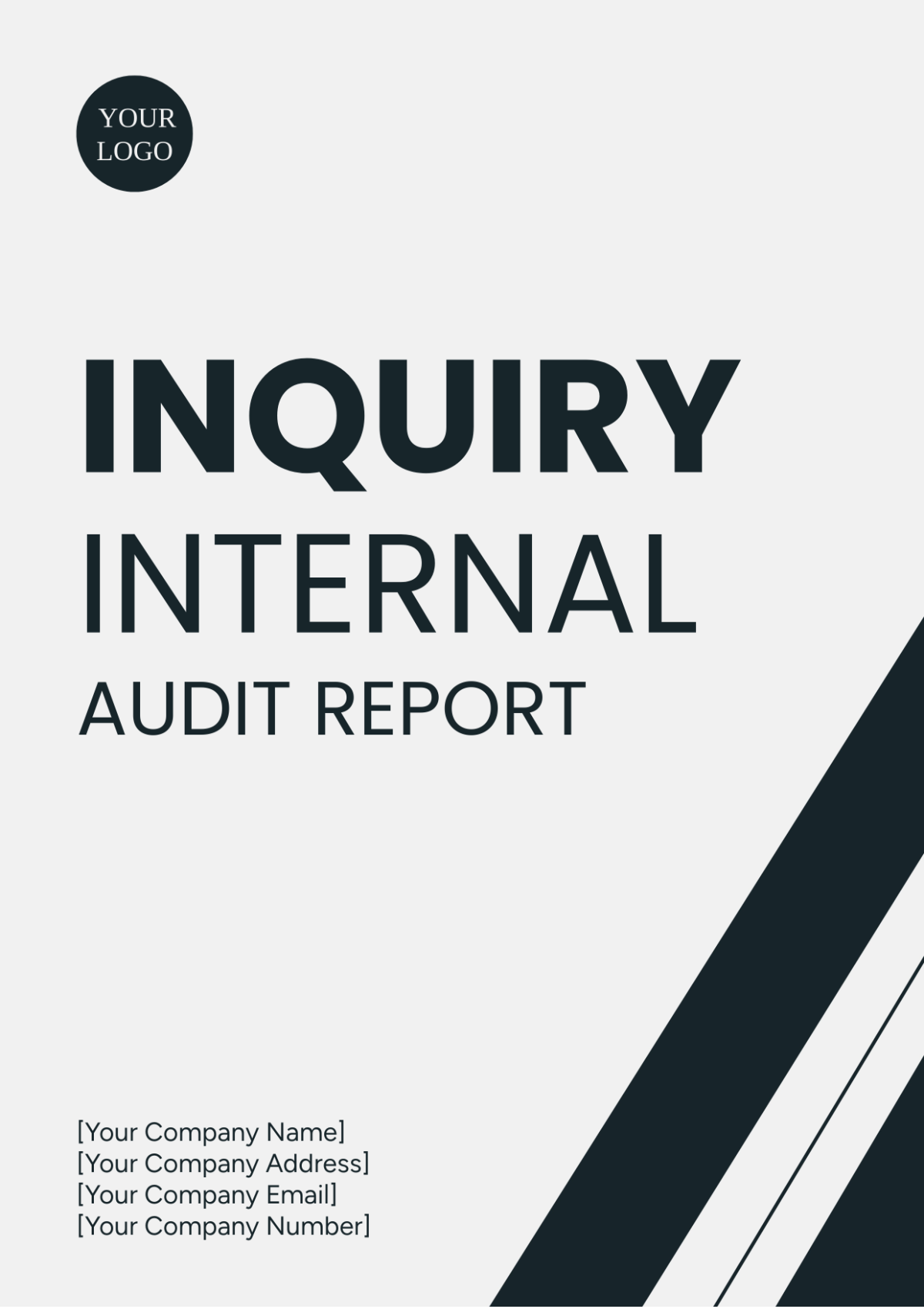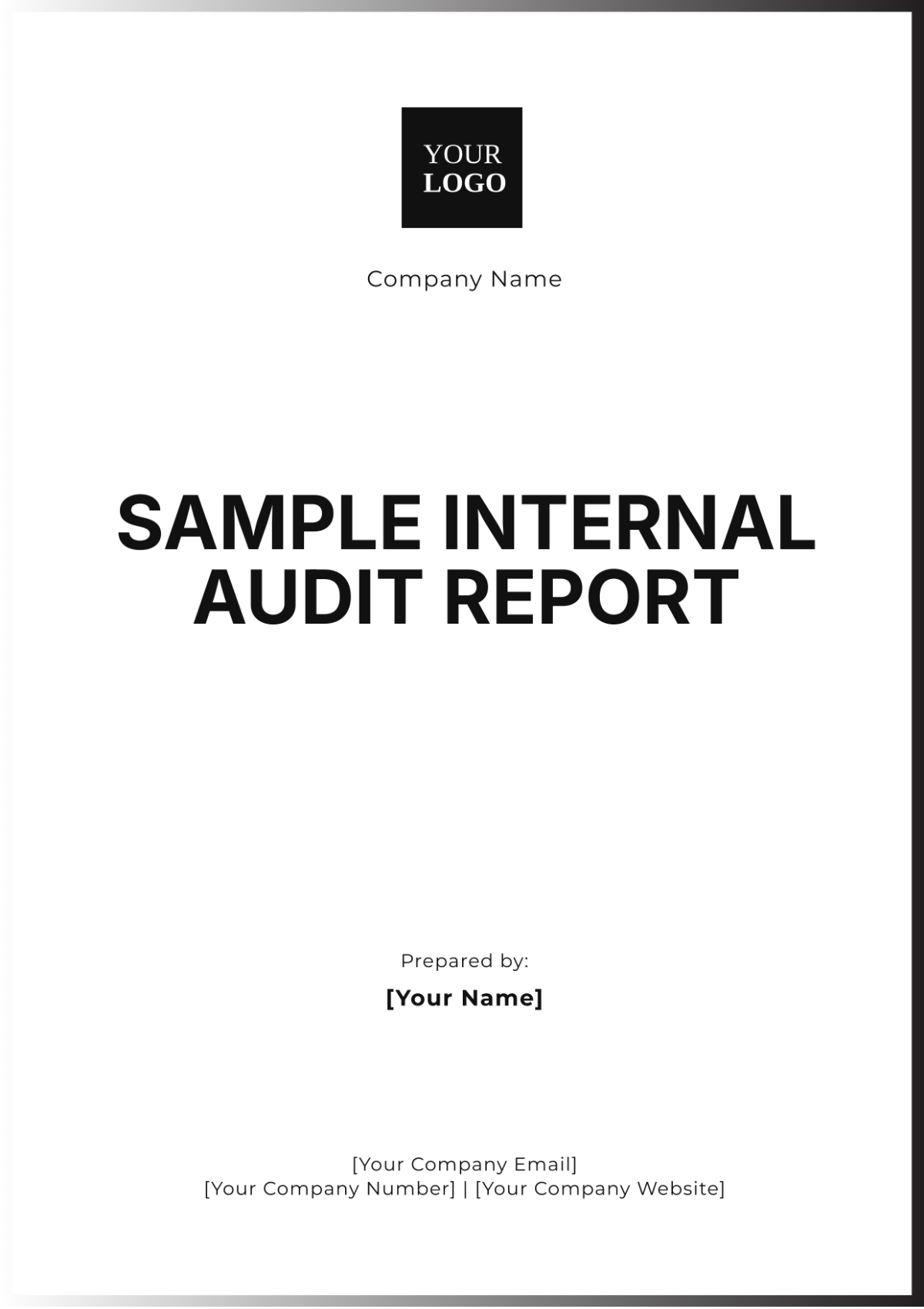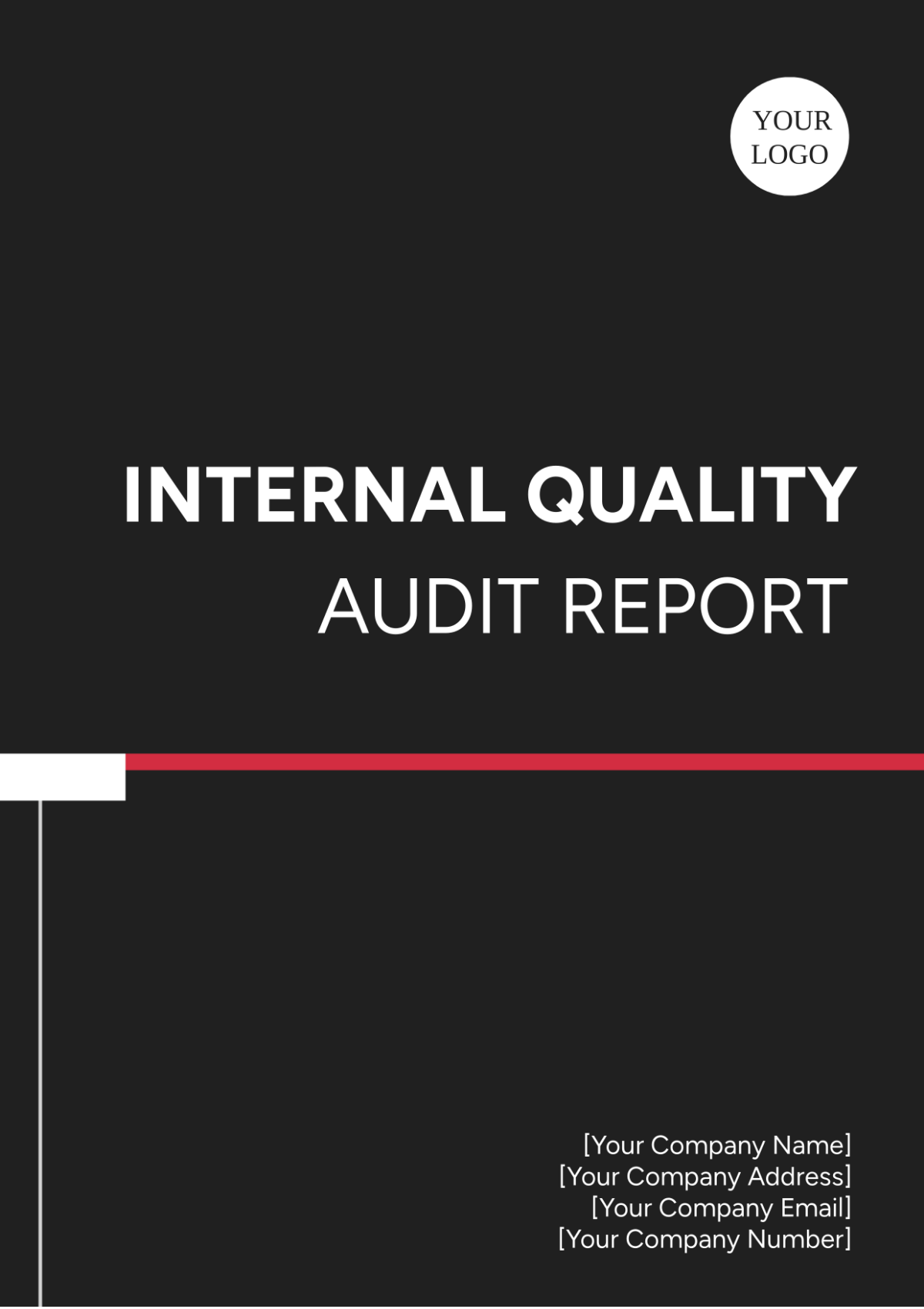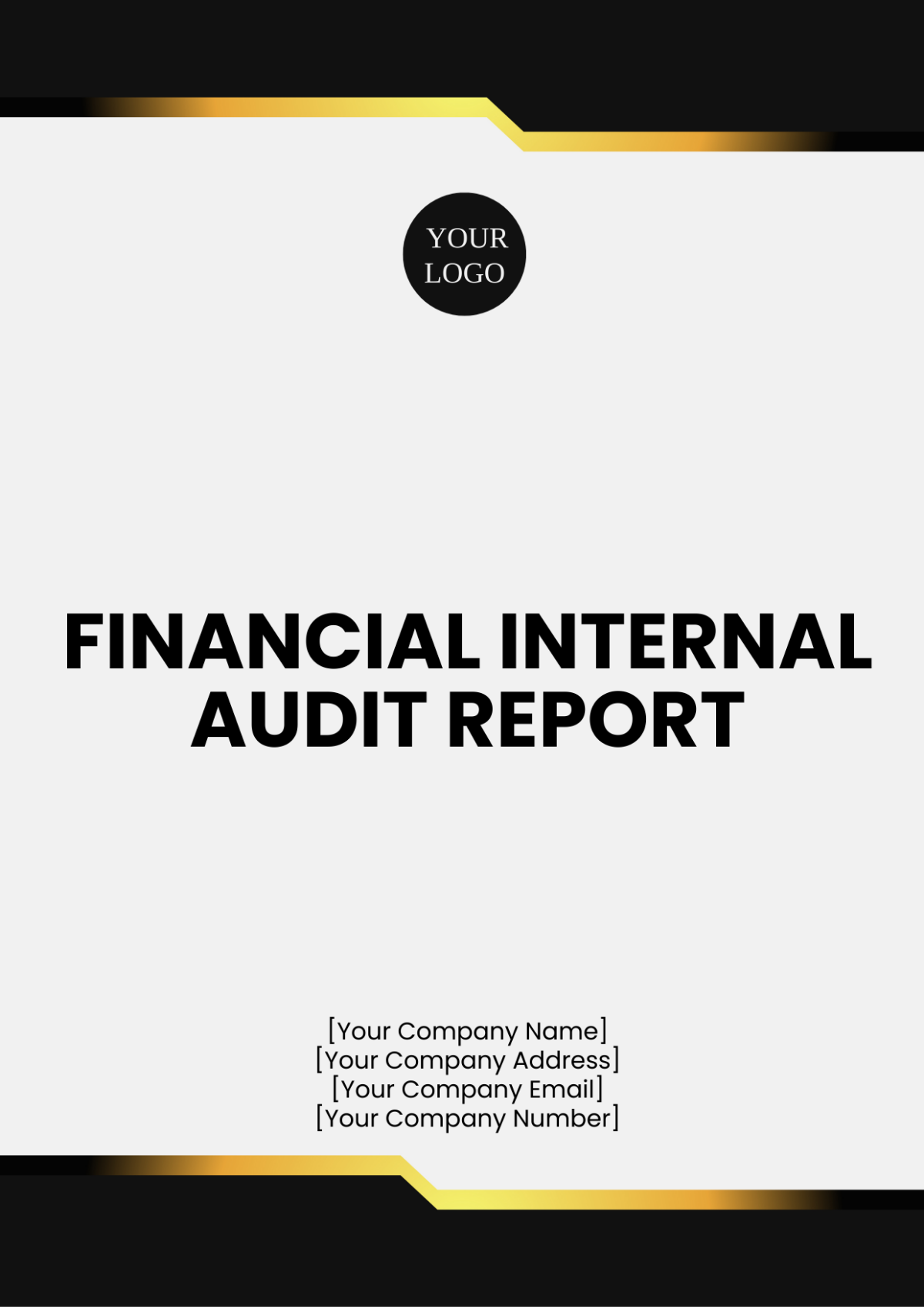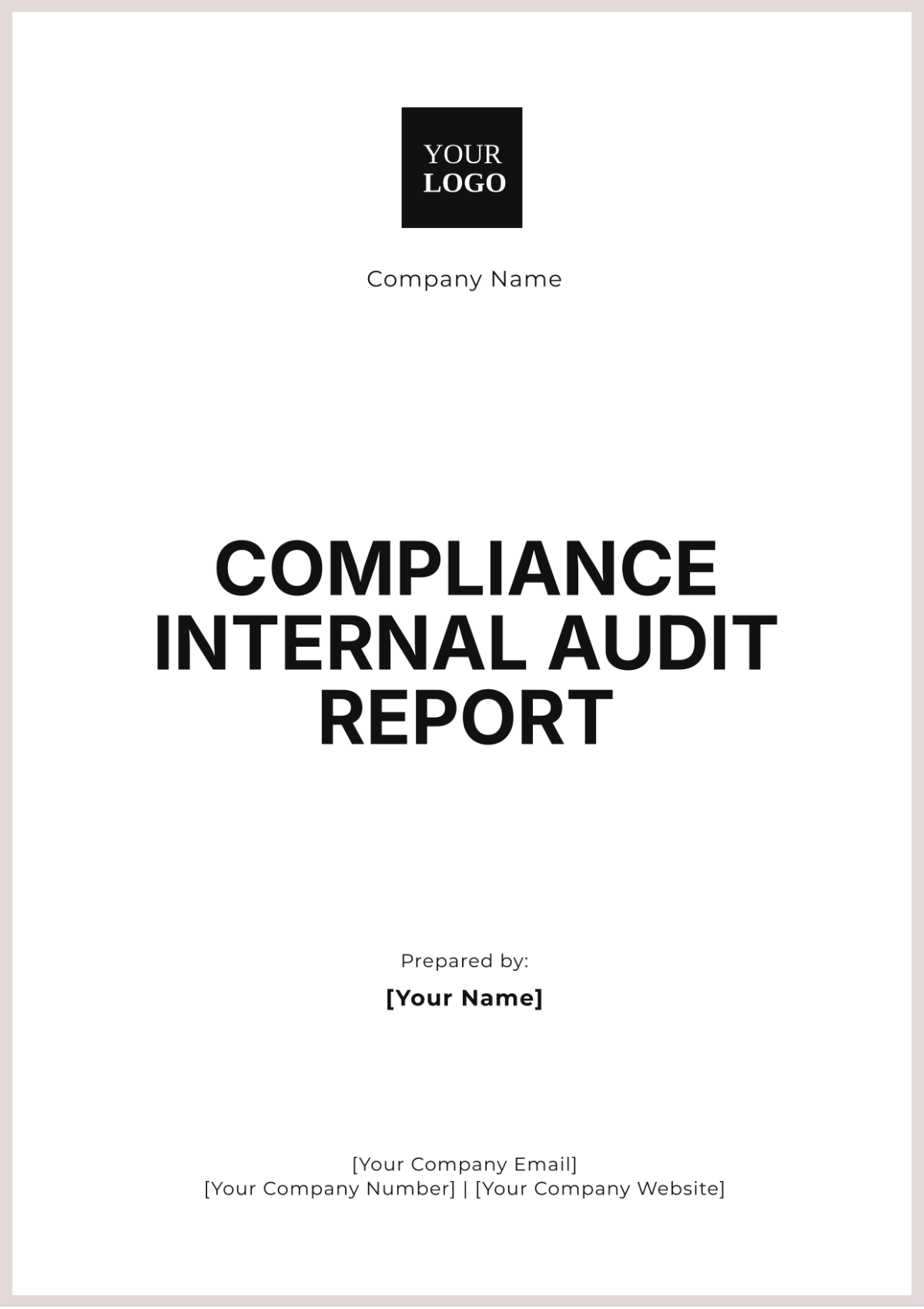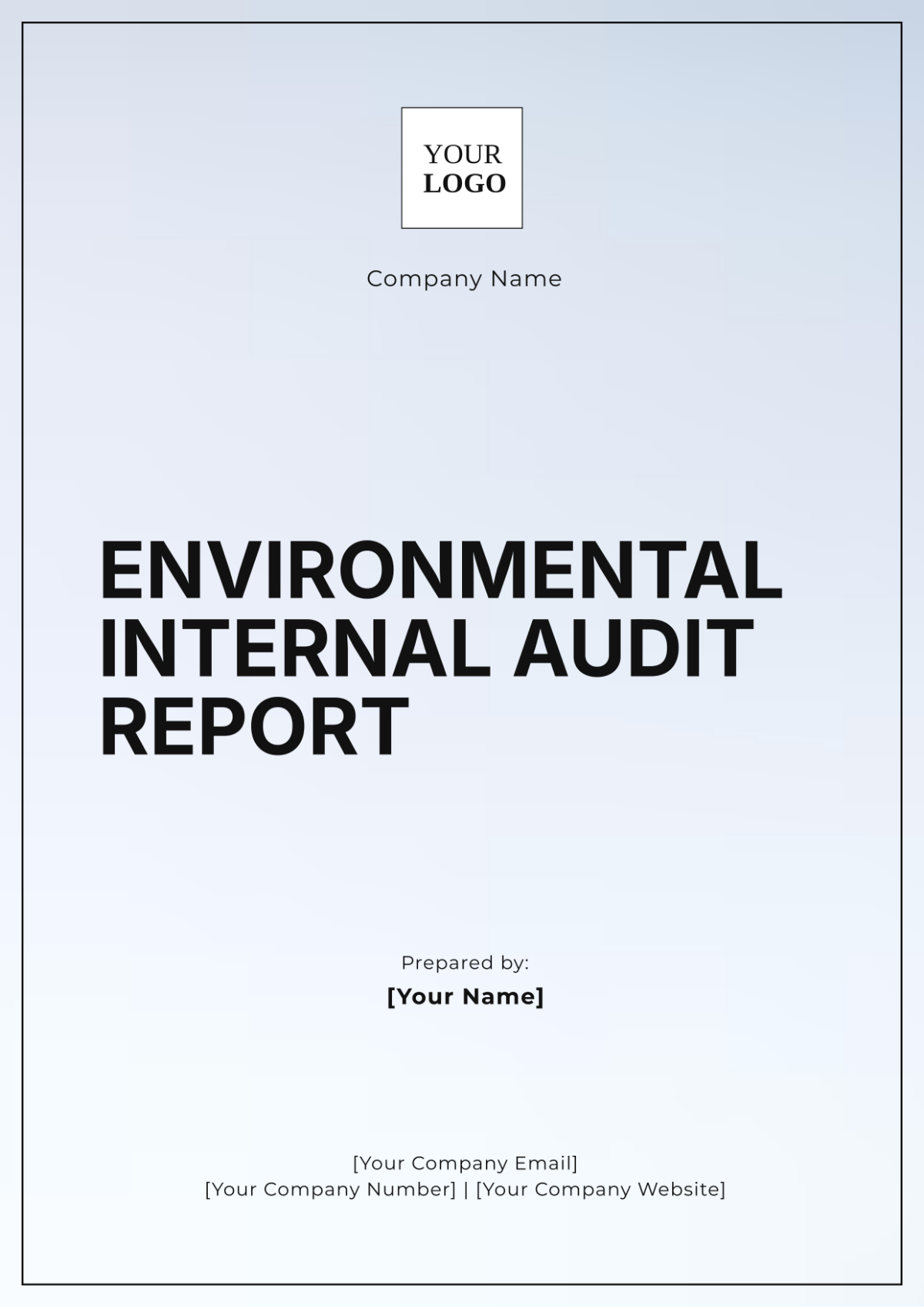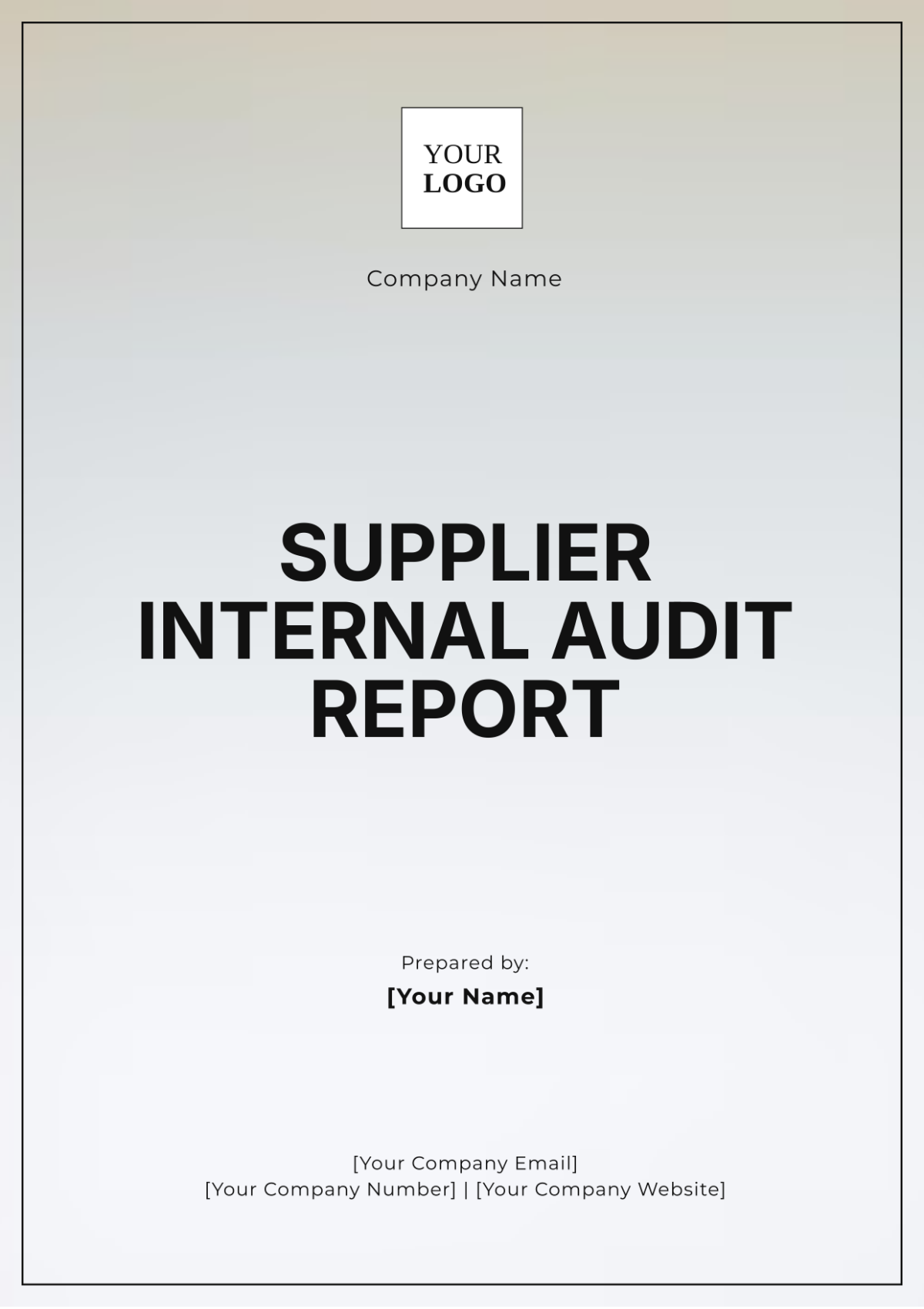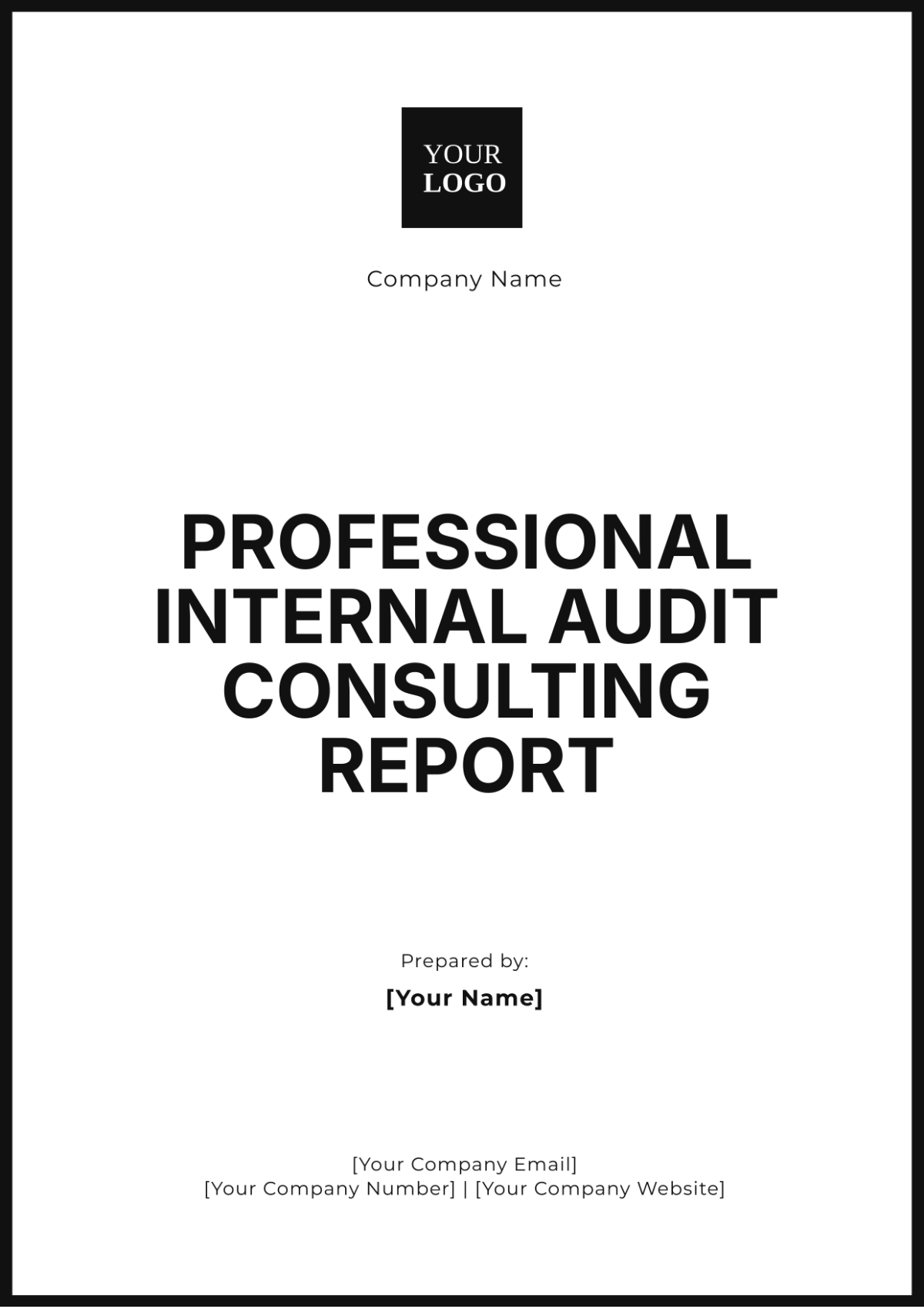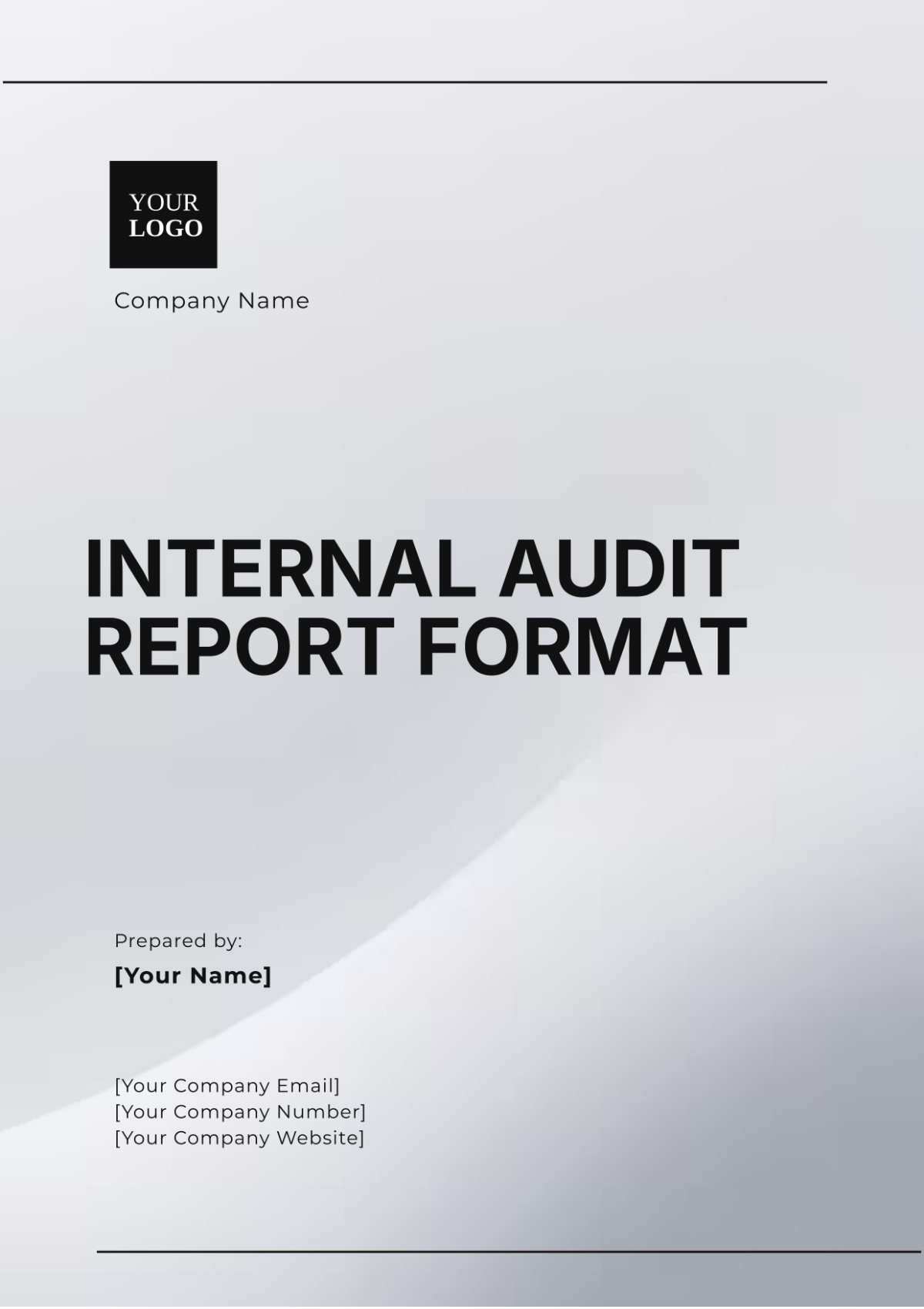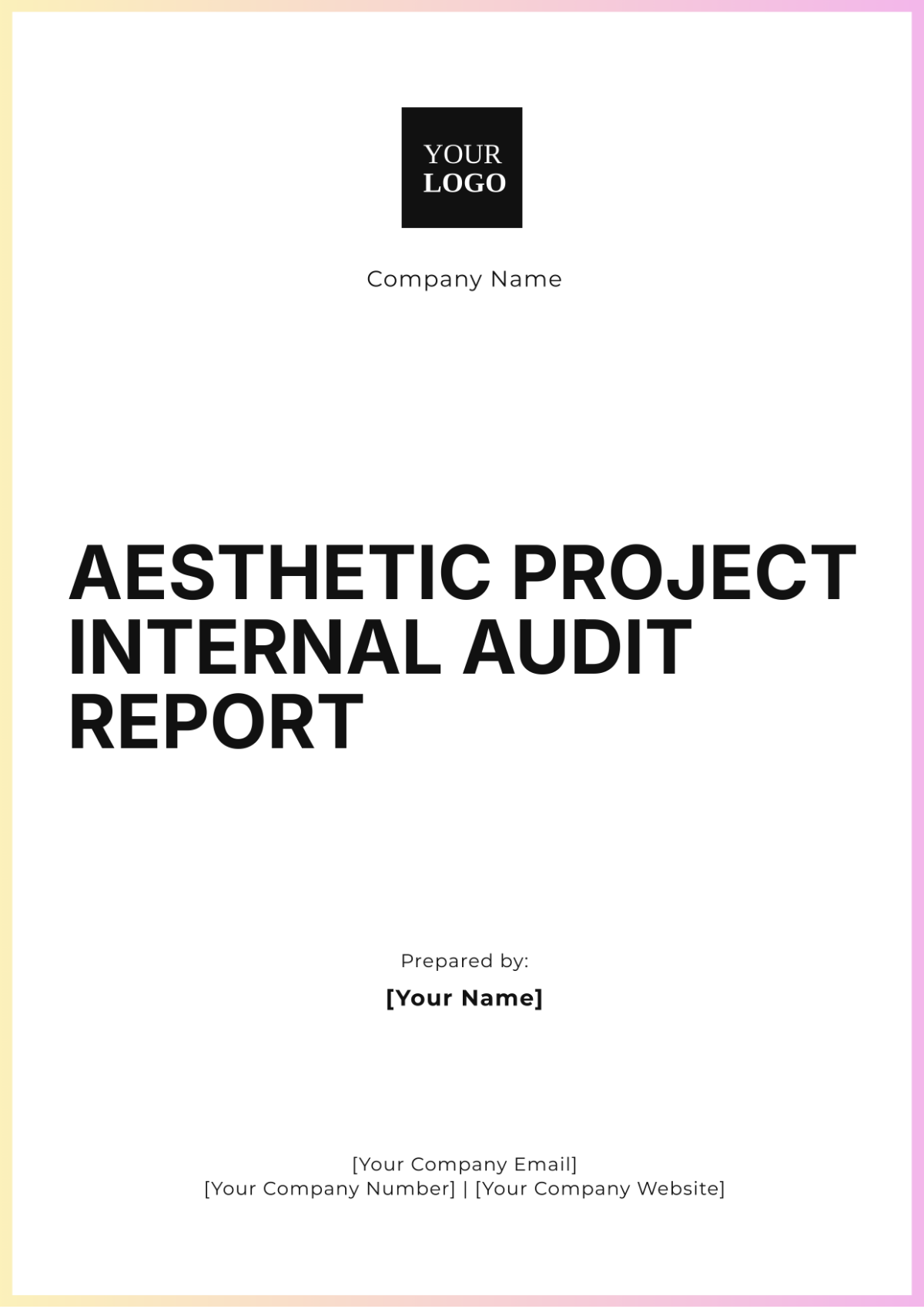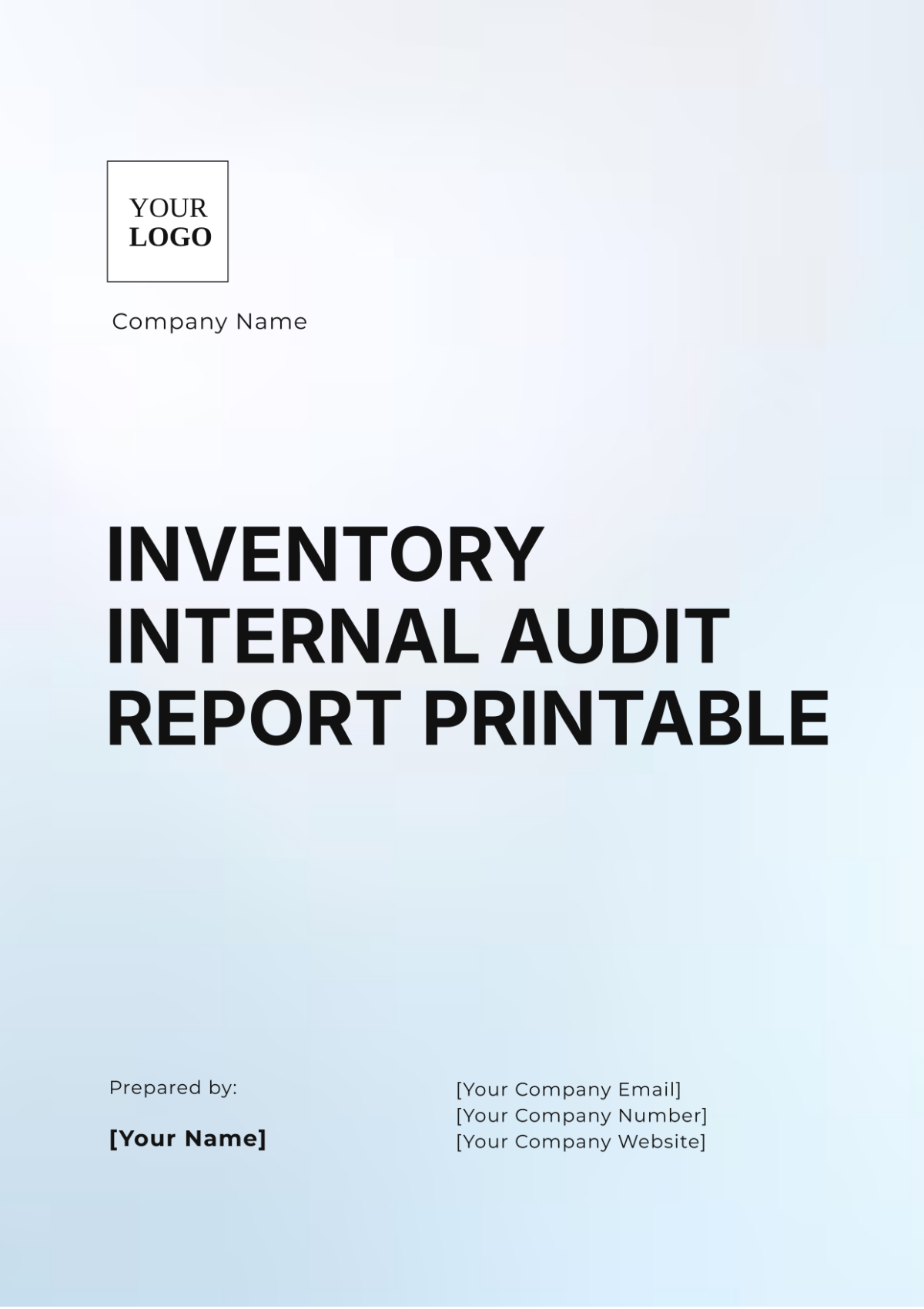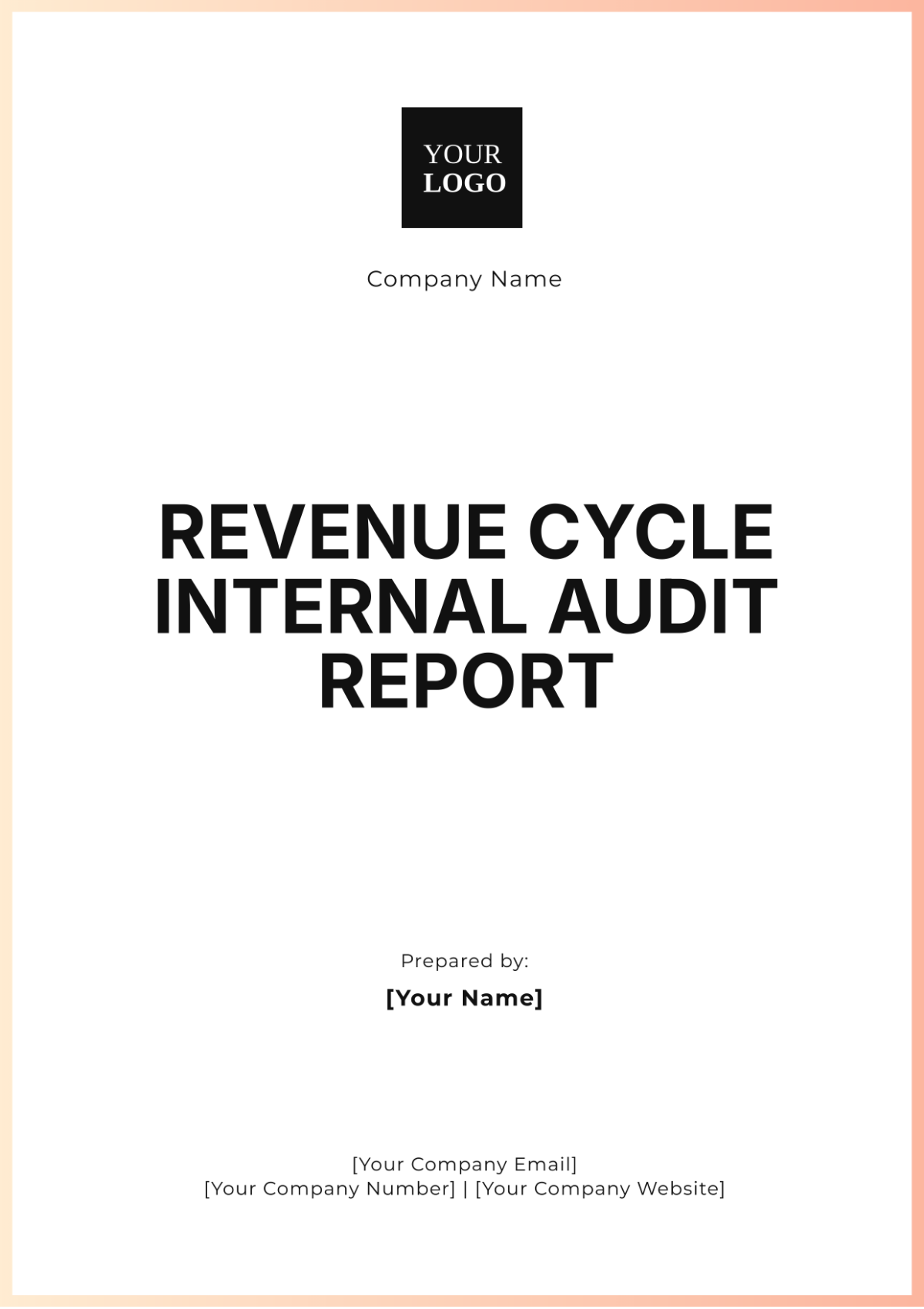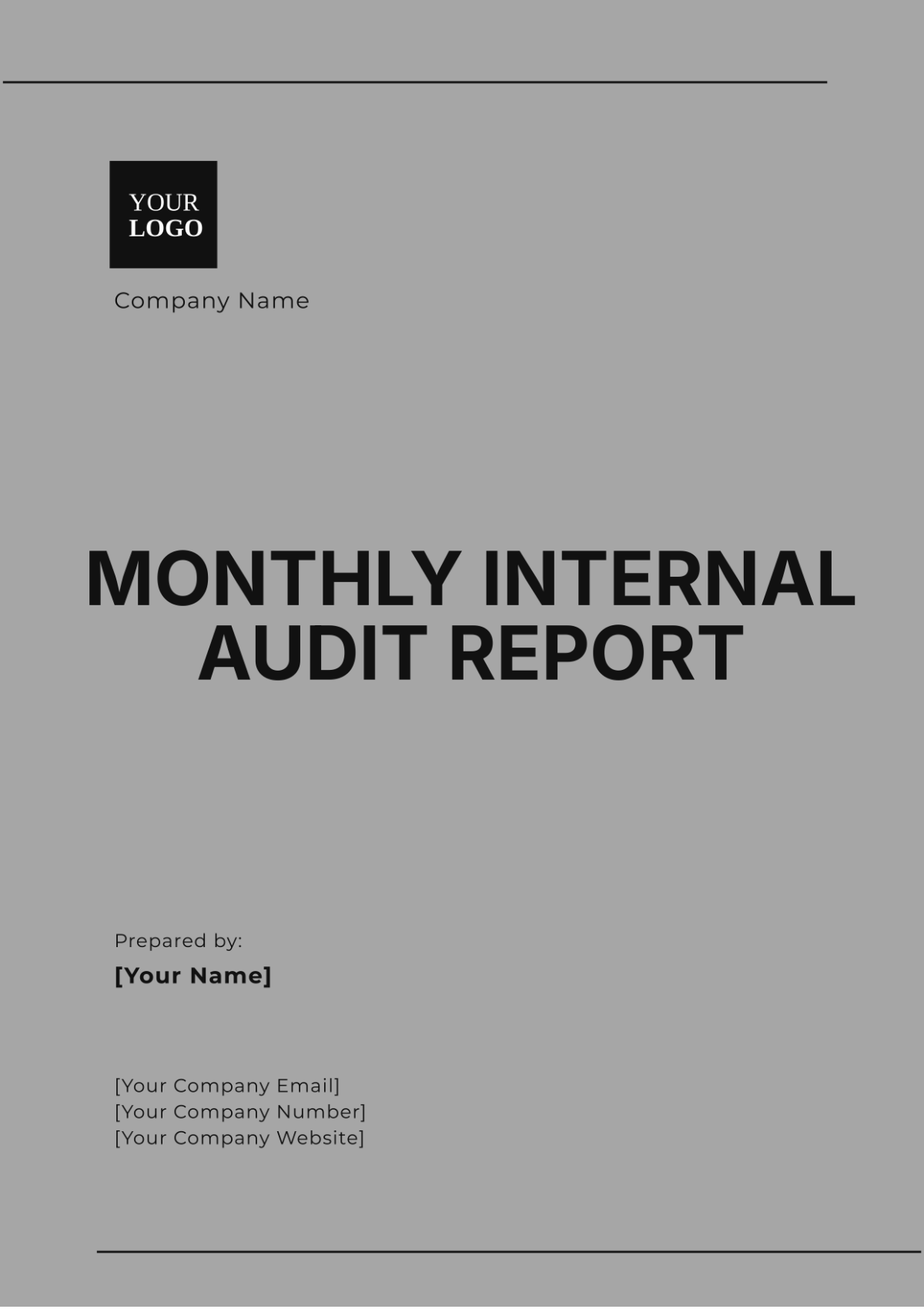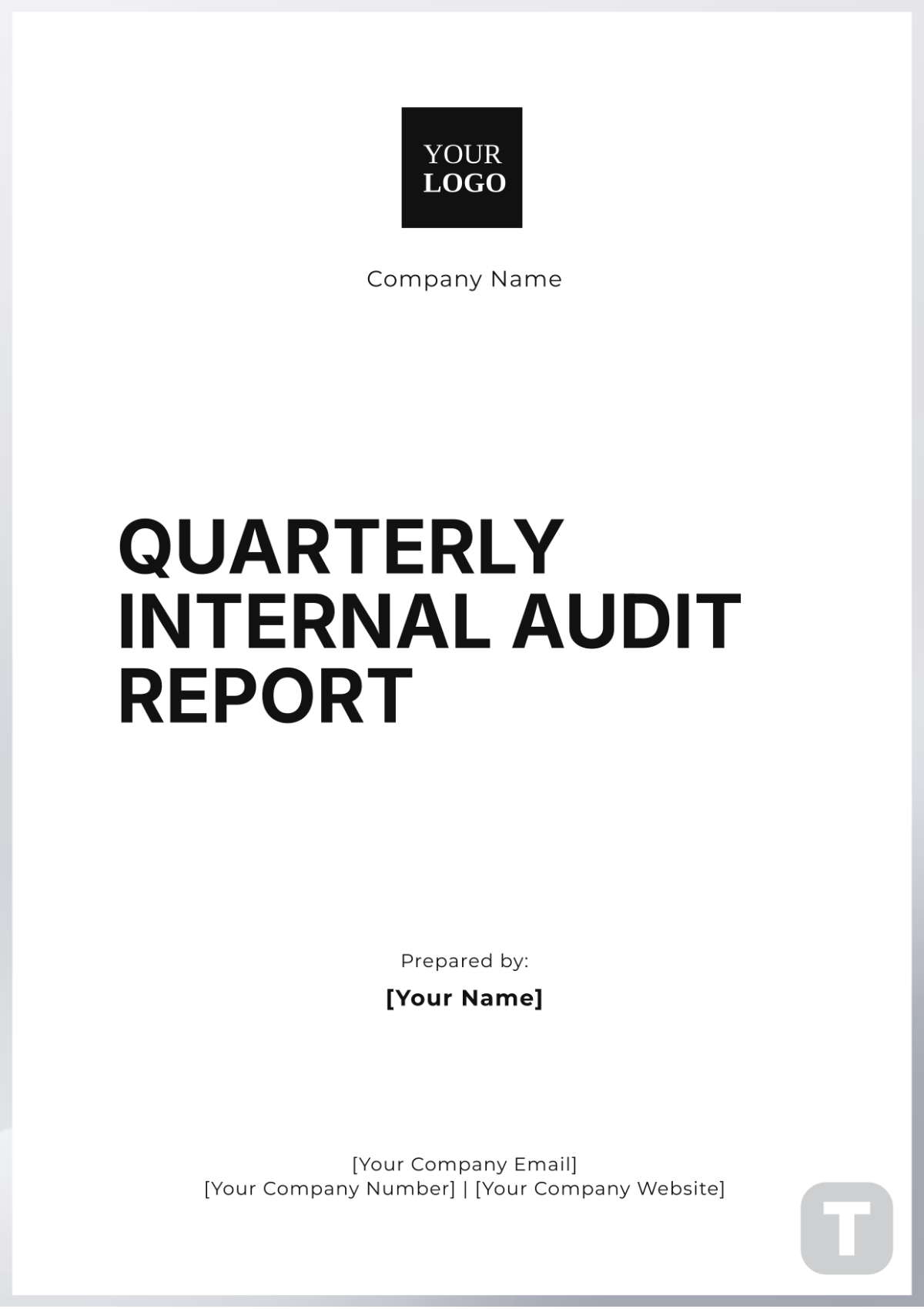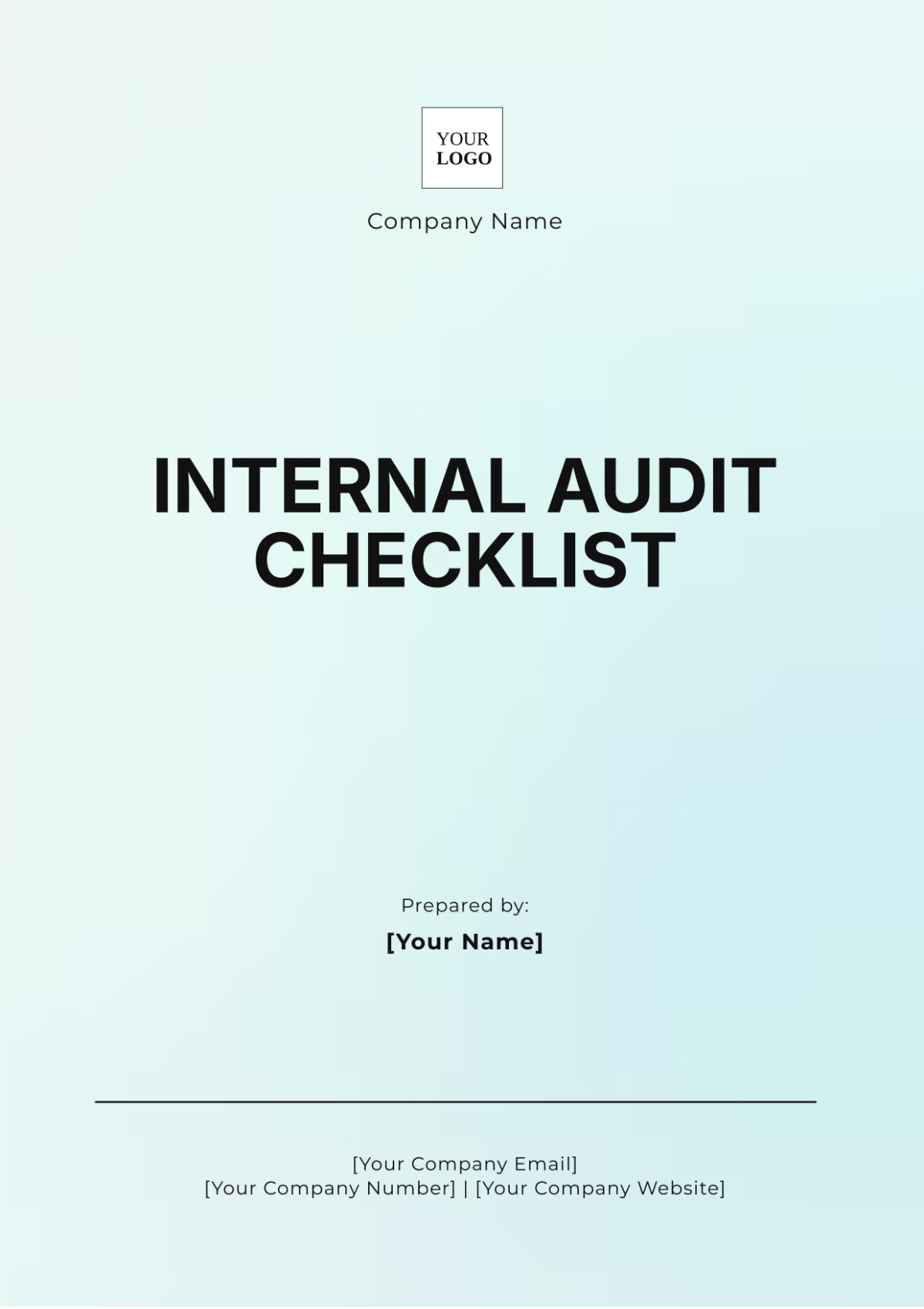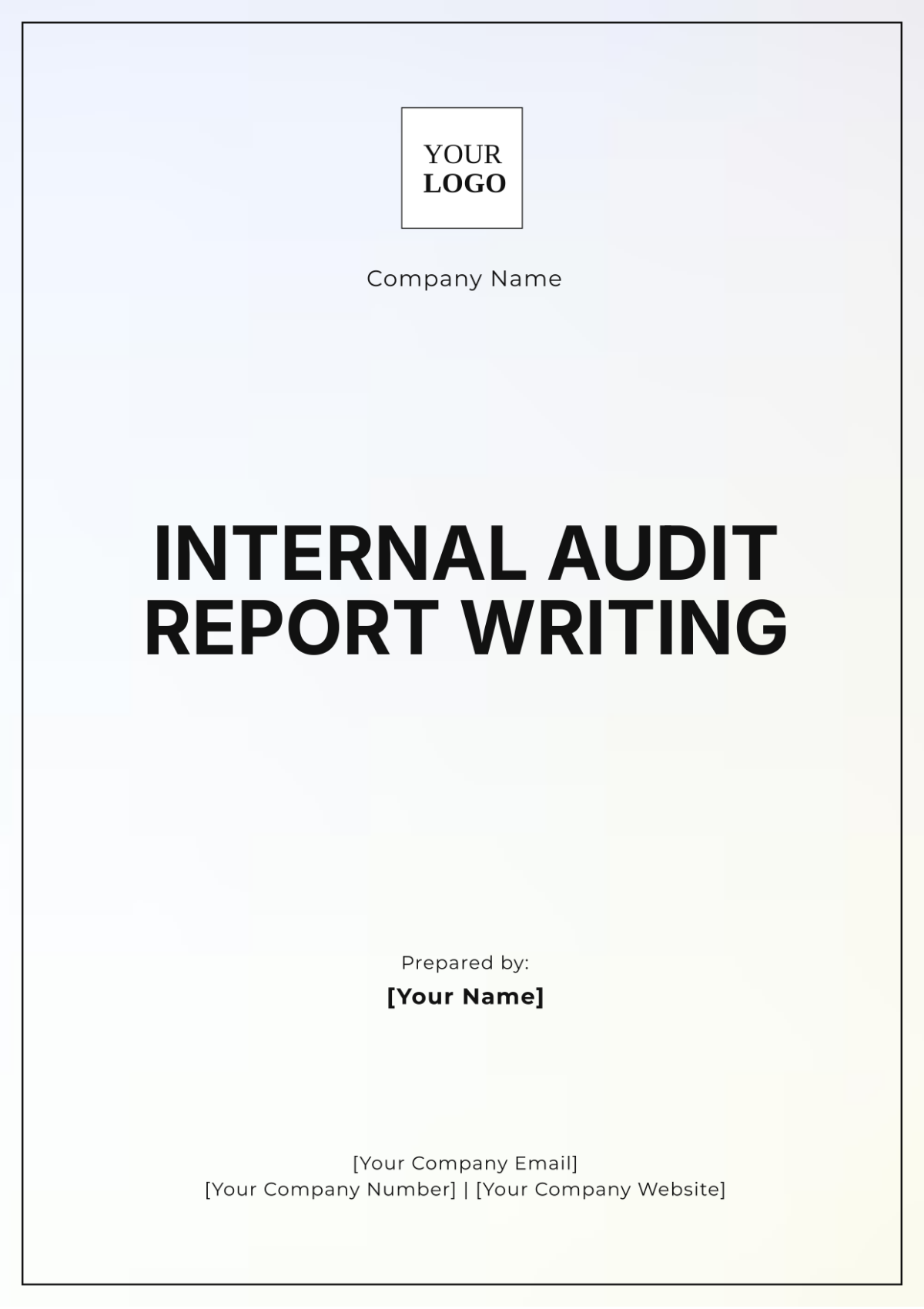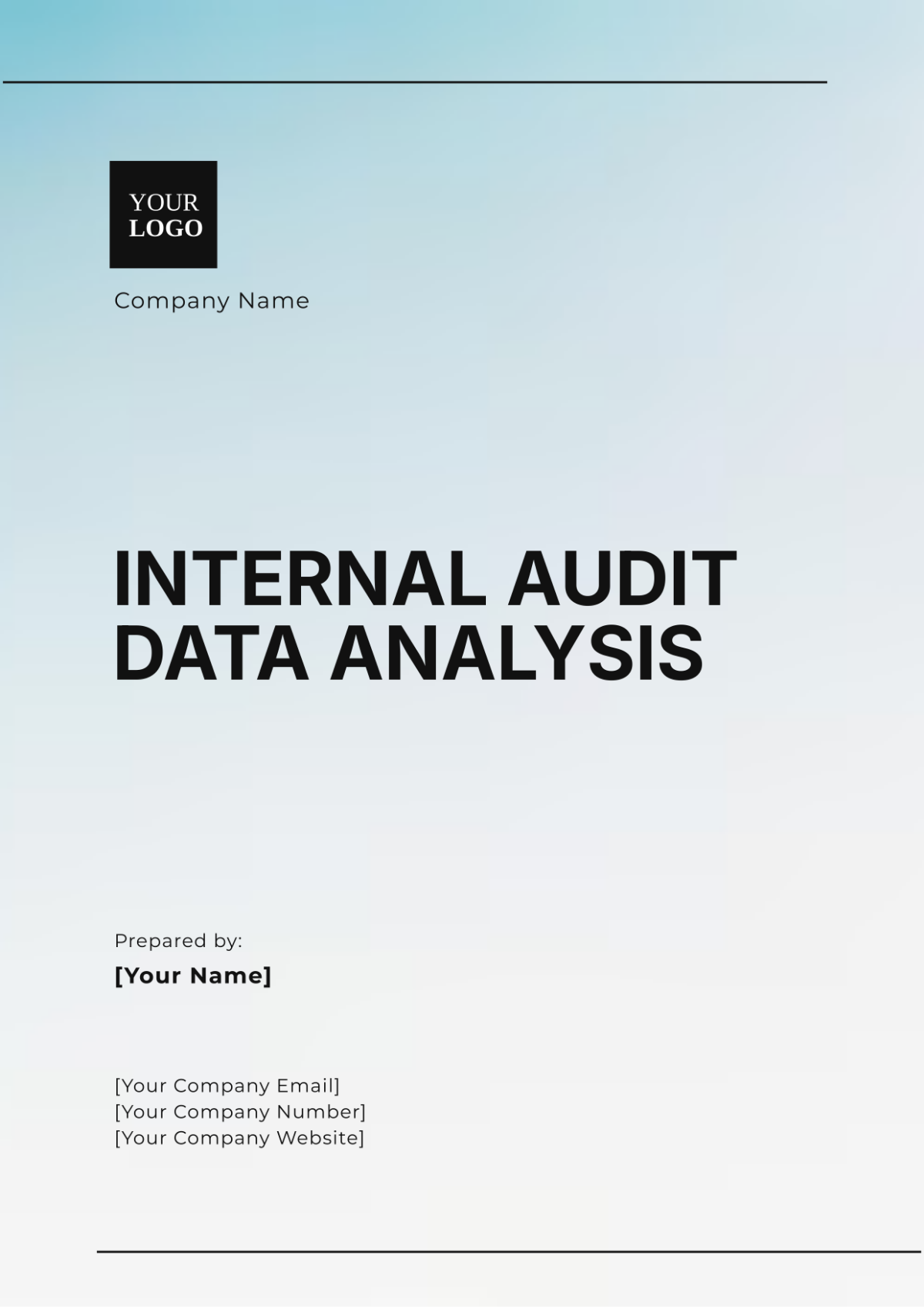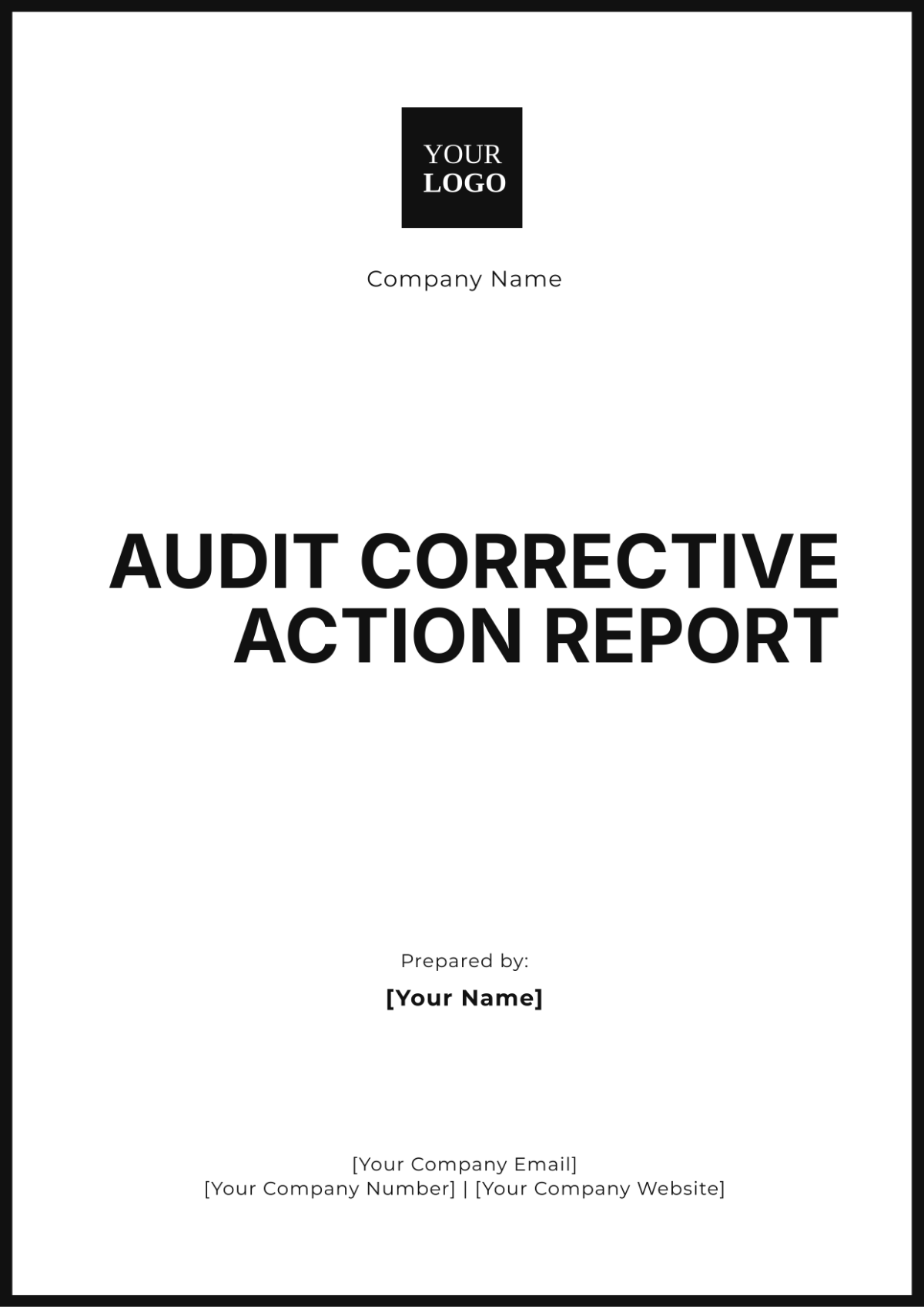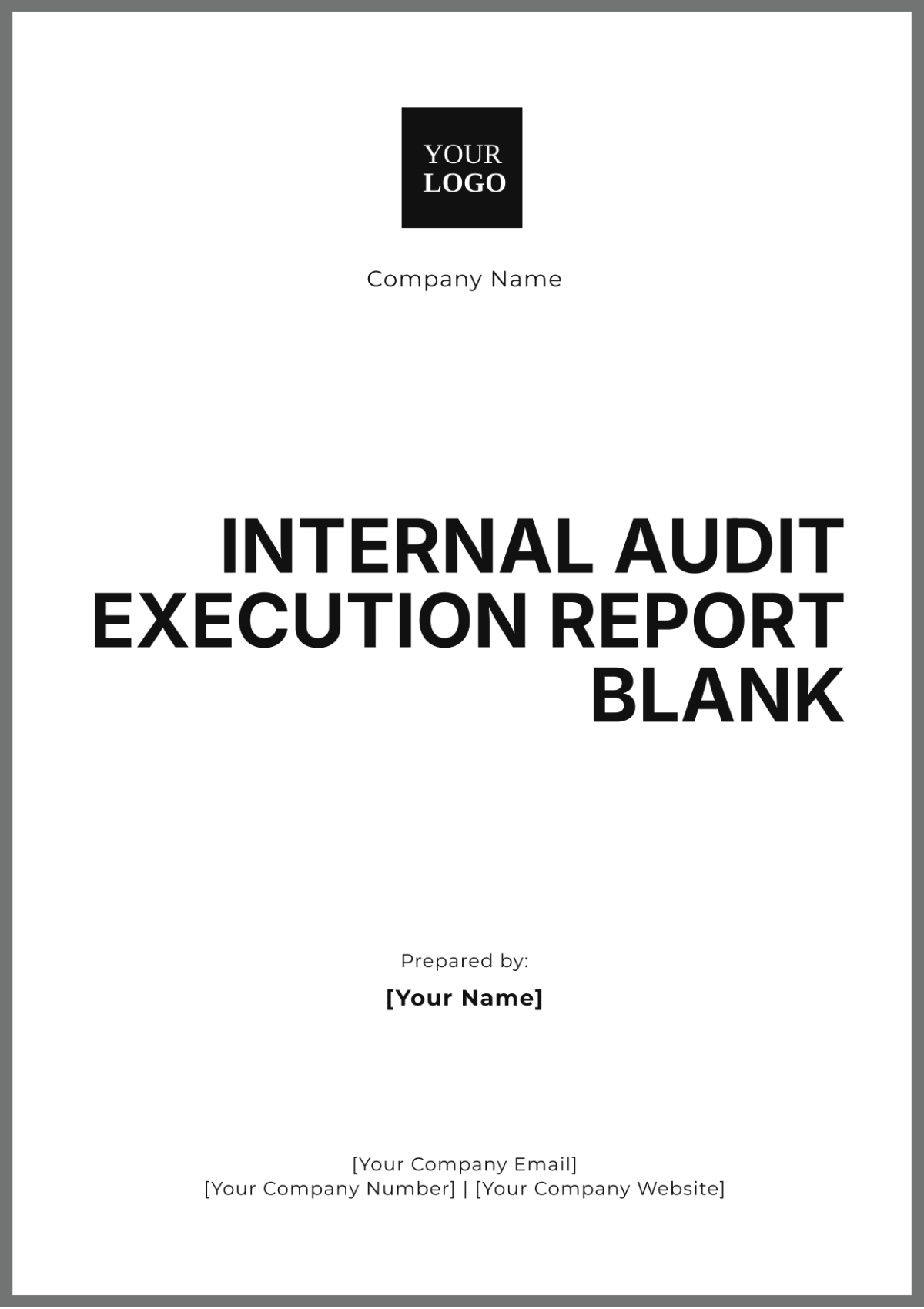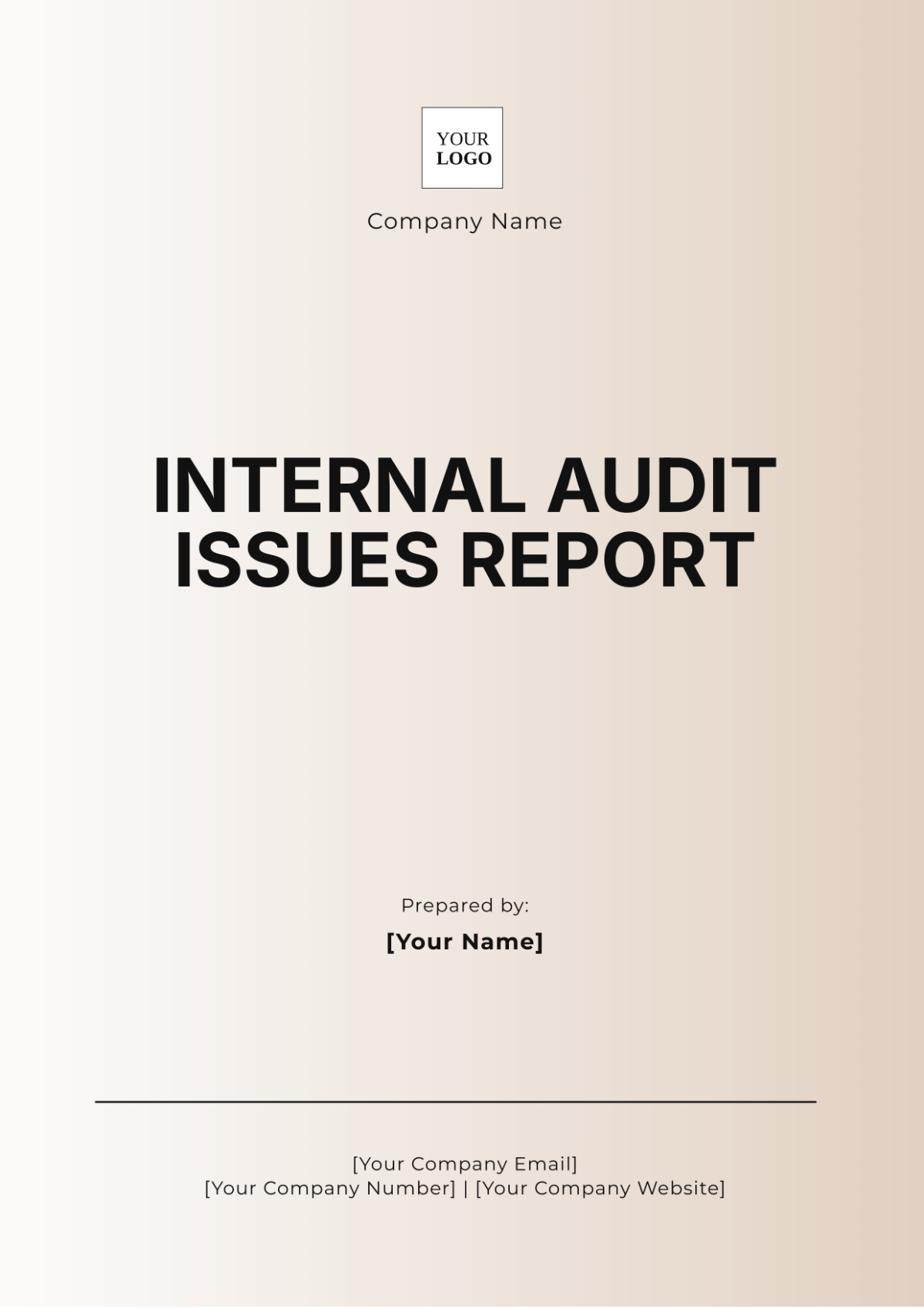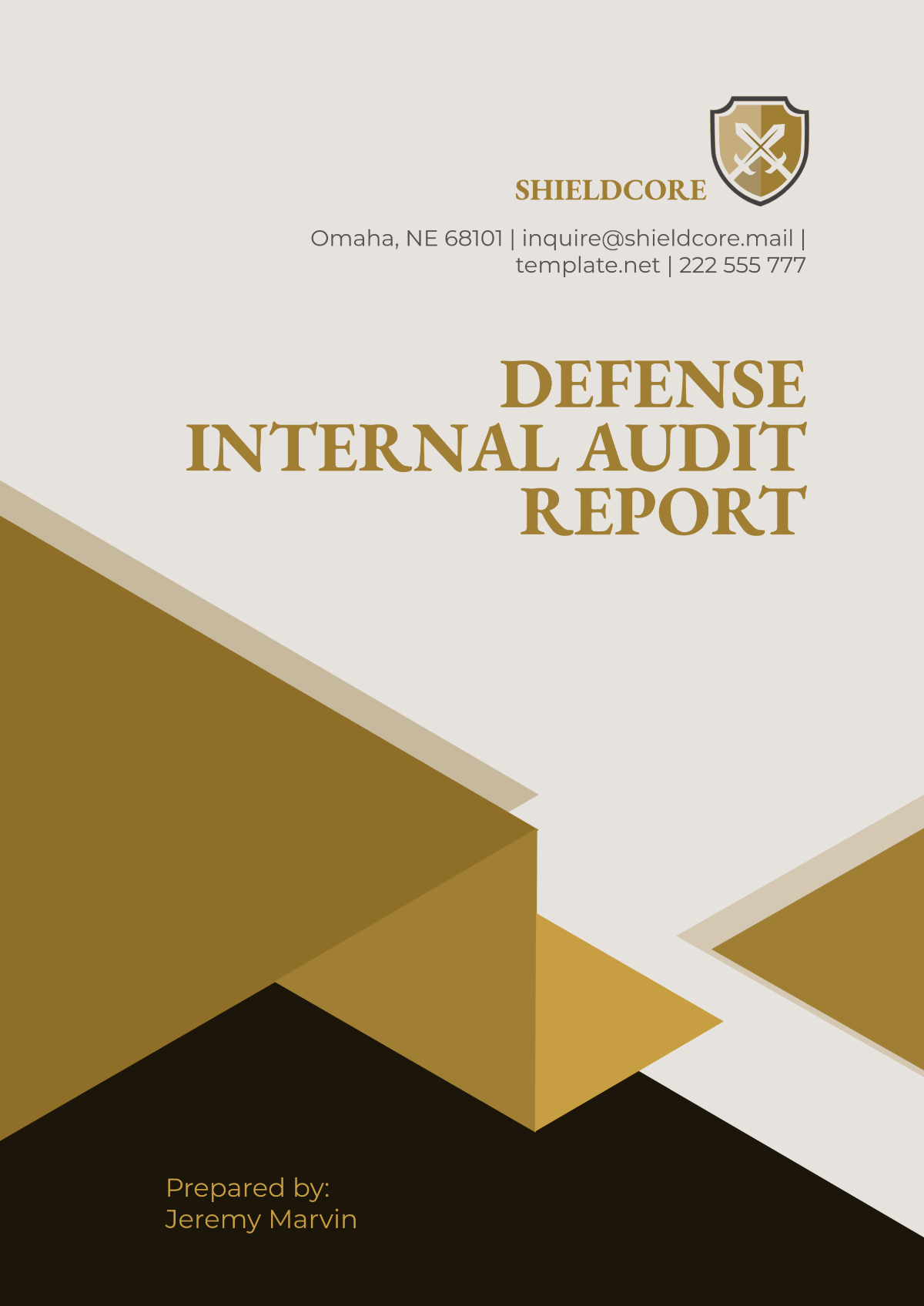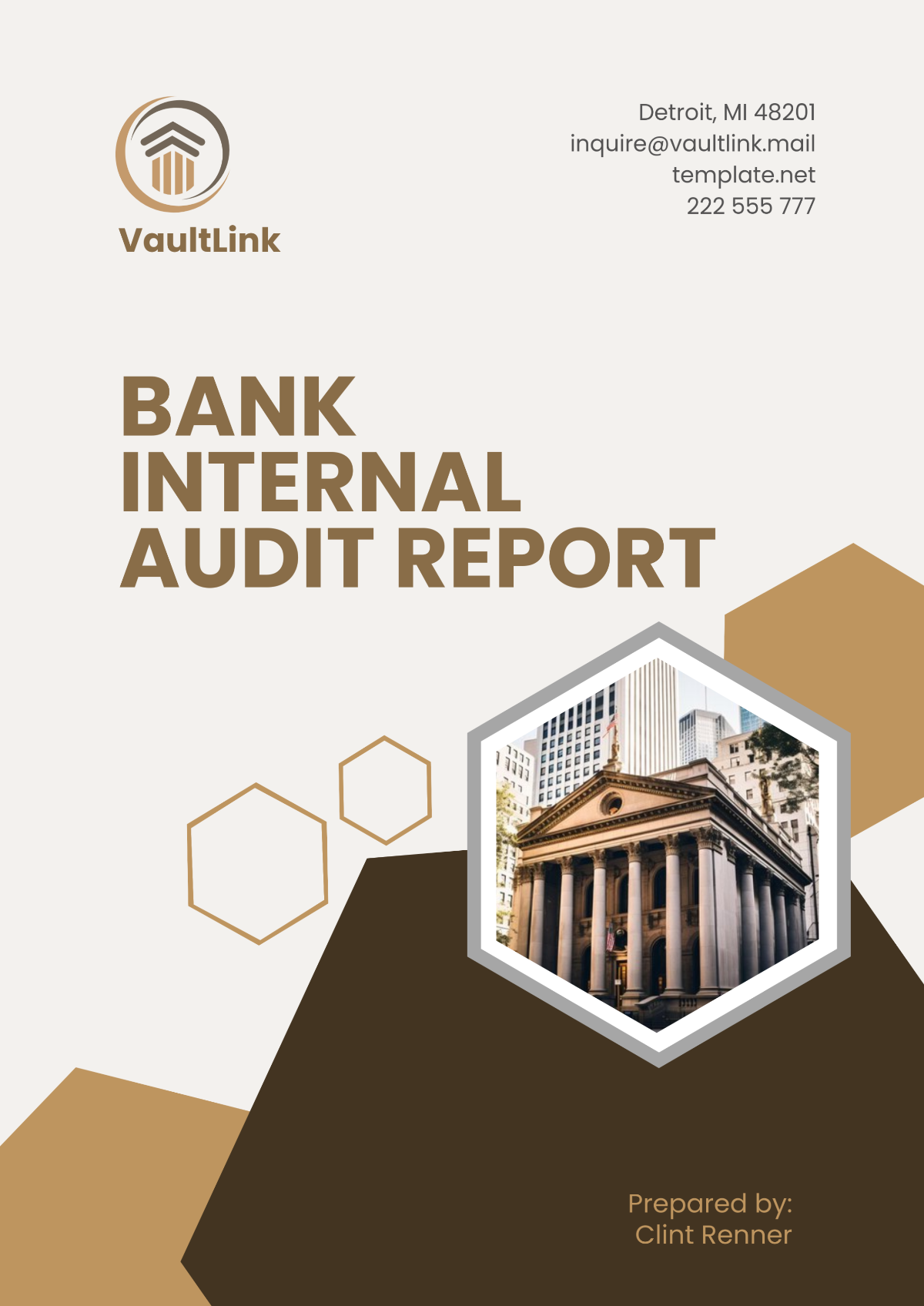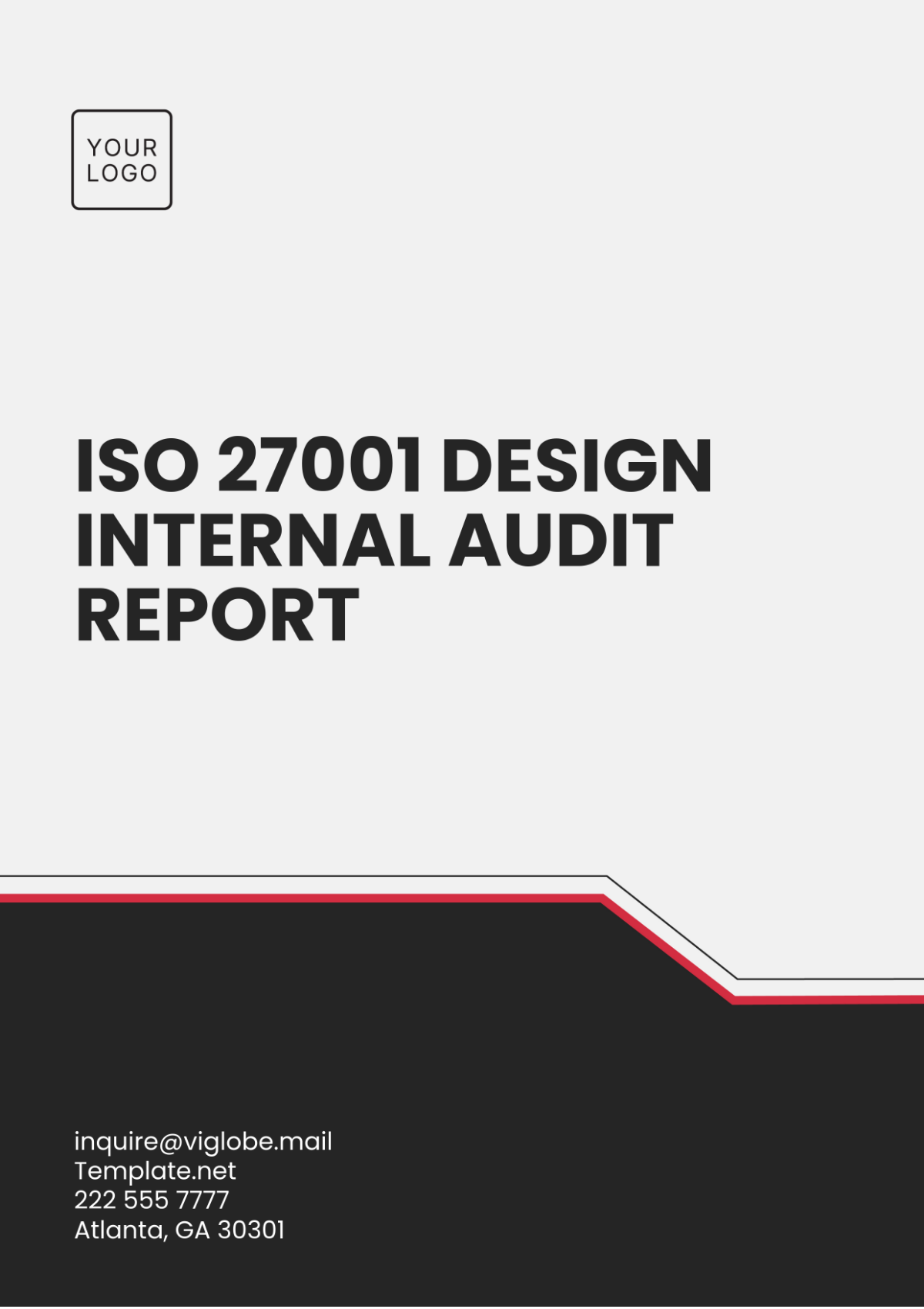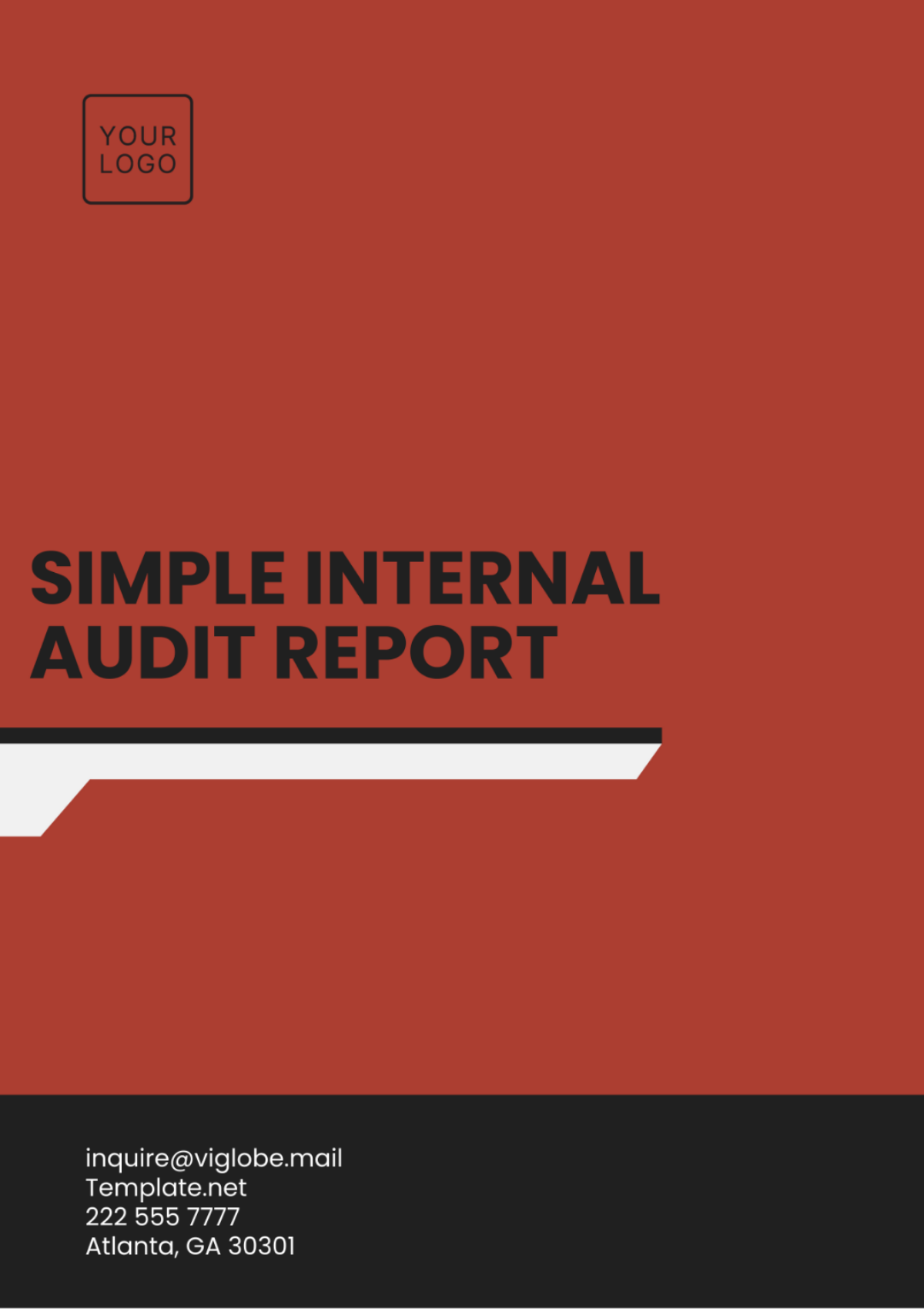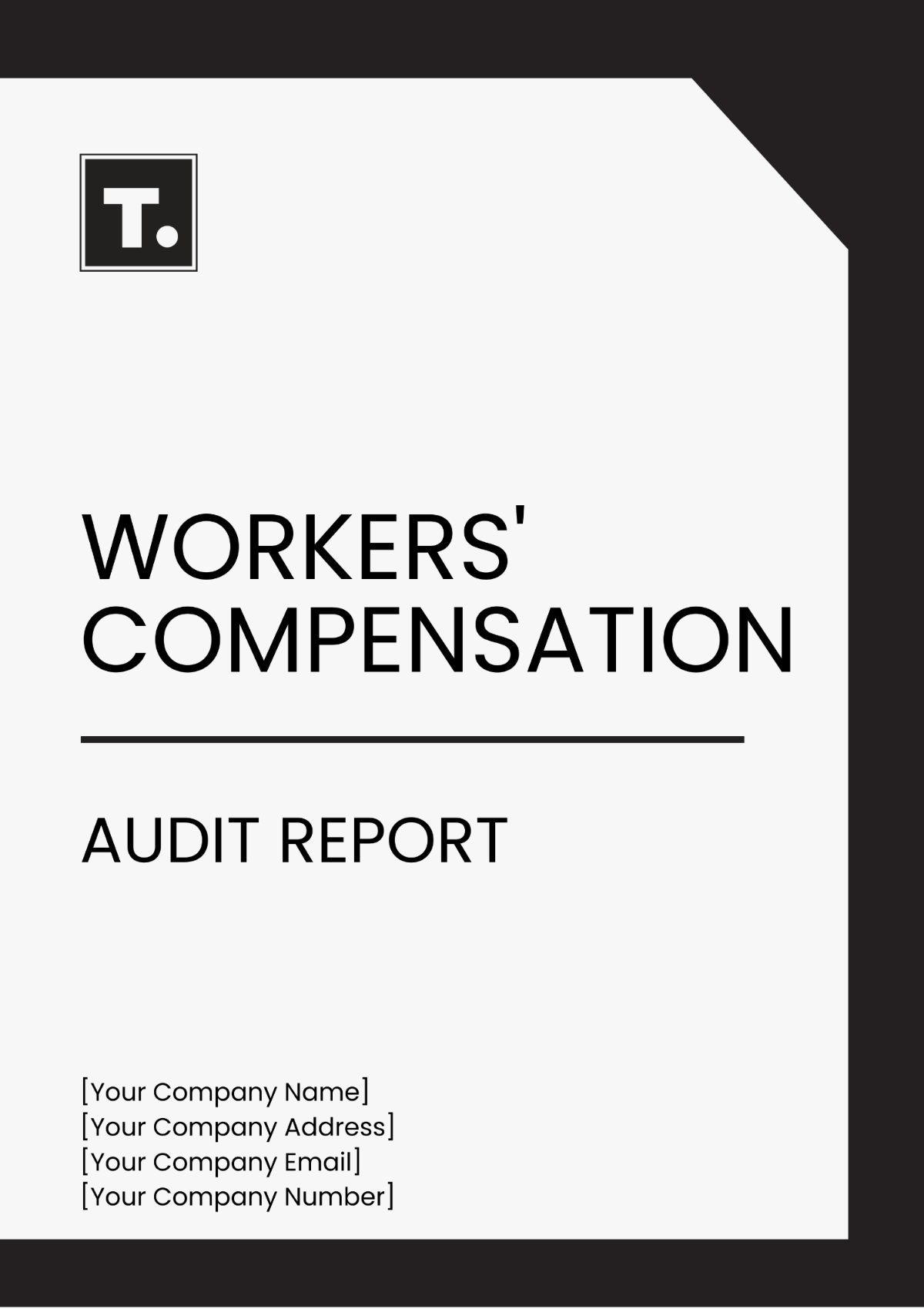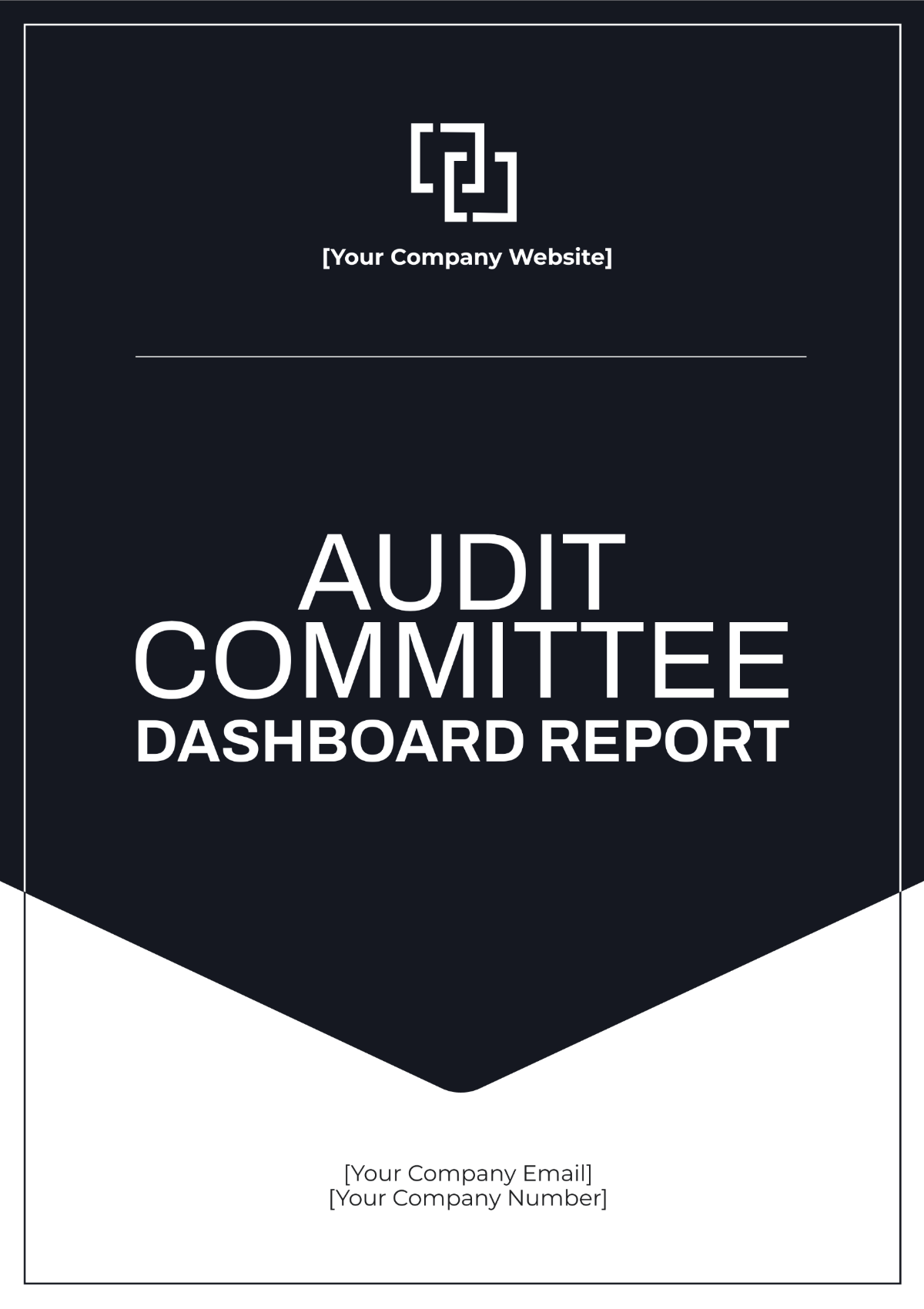ISO 9001 Internal Audit Report
Audit Date: March 12, 2060
Report Date: March 19, 2060
Audit Location: Apex Manufacturing Facility, Springfield Industrial Zone, Springfield
Audit Scope:
Evaluation of compliance with ISO 9001:2060 standards across quality management processes, including production, procurement, quality control, and document management at Apex Manufacturing Facility.
Audit Objective:
To verify the effectiveness of the Quality Management System (QMS) in place and assess its alignment with ISO 9001:2060 requirements. Specific objectives include identifying non-conformities, evaluating the implementation of corrective actions from prior audits, and ensuring that quality objectives are met.
Audit Criteria:
ISO 9001:2060 standard requirements
Apex Manufacturing’s Quality Manual, Procedures, and Policies
Previous Internal Audit Reports (2060-2061)
Documented objectives for the Quality Management System
1. Audit Summary
The internal audit was conducted by the Quality Assurance Team at Apex Manufacturing to assess the alignment of the QMS with ISO 9001:2060 standards. This report provides findings from March 12, 2060, to evaluate process efficiency, documentation accuracy, and the corrective actions undertaken since the last audit cycle.
Overall Compliance Level:
Partially Compliant – Improvement Needed
Areas Audited:
Document Control
Production Process
Procurement and Supplier Management
Quality Control and Testing
2. Audit Findings
Document Control
Objective: To assess the accuracy and timeliness of controlled documents within the QMS.
Finding: Document versions were often outdated, and not all employees had access to the latest versions.
Evidence: Of 25 documents sampled, 8 were found to be outdated, posing a risk to process integrity.
Non-Conformance Level: Minor
Recommendation: Implement a digital document control system for real-time updates, alerts, and version management to ensure current document accessibility.
Production Process
Objective: To review adherence to standardized procedures within production lines.
Finding: Minor deviations from documented procedures in two production areas (Molding and Assembly) were observed.
Evidence: Observation revealed incomplete checklists on three out of five randomly selected workstations.
Non-Conformance Level: Major
Recommendation: Reinforce adherence by integrating checklist completion into quality control checkpoints, and implement periodic spot audits to ensure compliance.
Procurement and Supplier Management
Objective: To verify supplier performance and the adequacy of procurement controls.
Finding: Supplier evaluations are performed inconsistently, with a lack of documented follow-ups on performance issues.
Evidence: Of the last 12 suppliers evaluated, 3 had recurring issues not followed up with corrective actions.
Non-Conformance Level: Minor
Recommendation: Establish a more rigorous supplier performance tracking system, with quarterly reviews and documented corrective actions for suppliers with repeated performance issues.
Quality Control and Testing
Objective: To assess the effectiveness of quality control processes in detecting product defects before shipment.
Finding: Quality testing protocols were generally followed, but traceability of test results to batch numbers needs improvement.
Evidence: Test logs for Batch #345D lacked complete traceability due to missing identification on test result forms.
Non-Conformance Level: Minor
Recommendation: Implement barcoding on test result forms for easy batch traceability and initiate quarterly training for quality inspectors on documentation practices.
3. Corrective Action Plan
Finding | Action Required | Responsible Party | Target Completion Date | Follow-Up Date |
|---|---|---|---|---|
Outdated document versions | Implement a digital document control system | IT & Quality Assurance | April 30, 2060 | May 15, 2060 |
Production checklist completion | Integrate checklist in QC checkpoints | Production Manager | March 29, 2060 | April 10, 2060 |
Supplier performance tracking | Quarterly reviews and follow-up actions | Procurement Manager | April 30, 2060 | May 20, 2060 |
Test result traceability | Barcoding on test forms | Quality Control Lead | March 22, 2060 | April 1, 2060 |
4. Audit Conclusion
The audit identified several areas where the QMS deviates from ISO 9001:2060 standards. The primary issues include outdated documentation, inconsistent production checklist completion, insufficient supplier performance follow-up, and incomplete traceability in quality testing. With effective corrective actions, the organization should achieve full compliance and improve the overall efficiency and reliability of its quality management processes.
